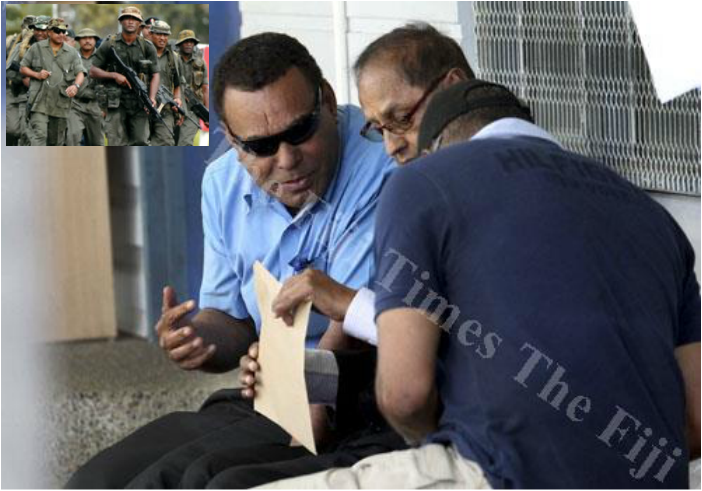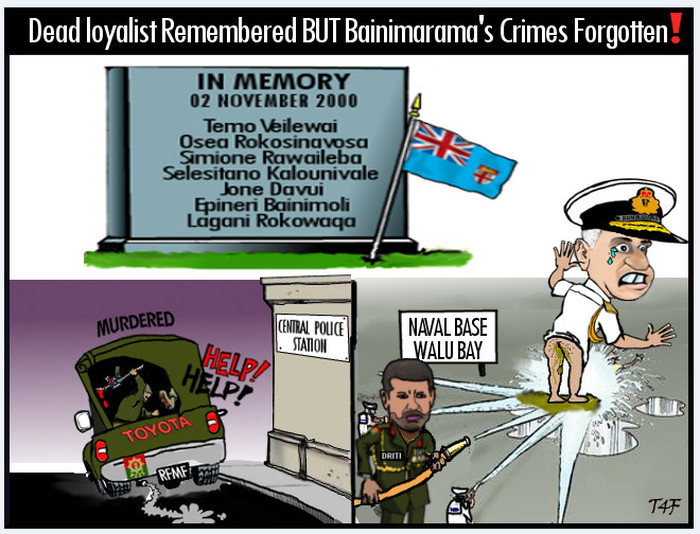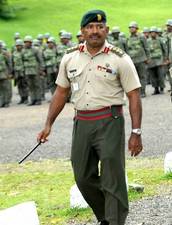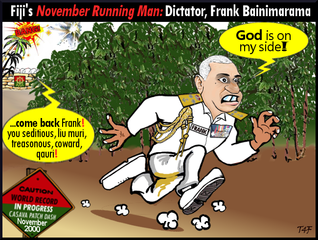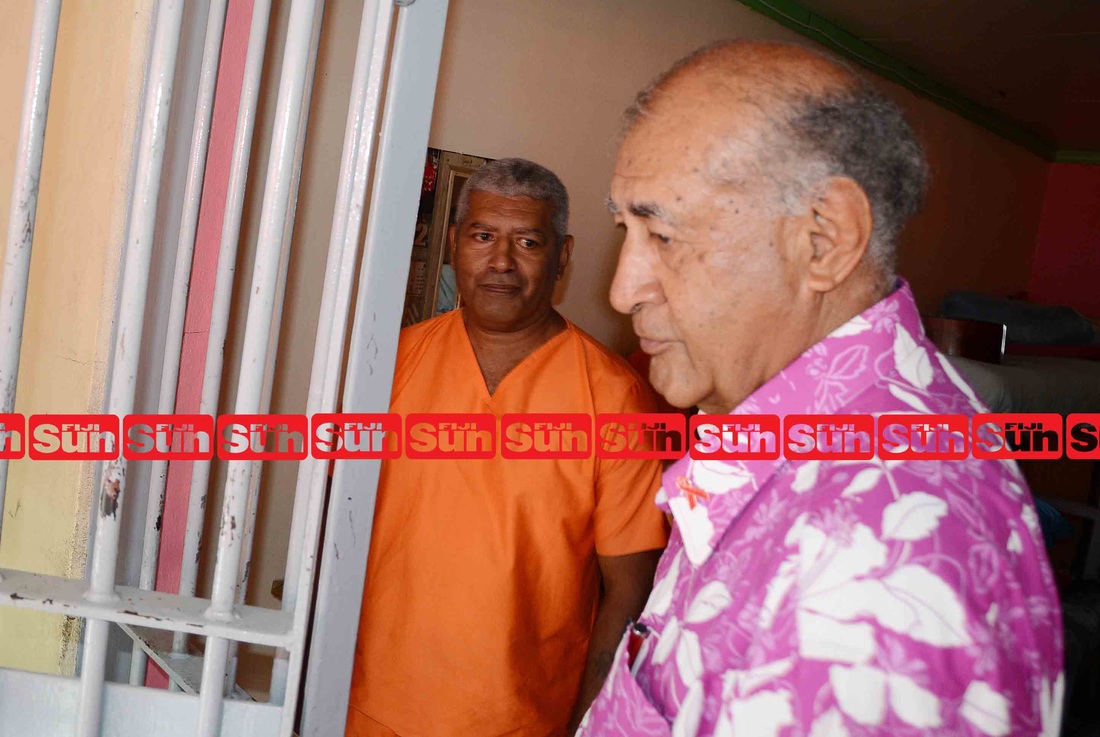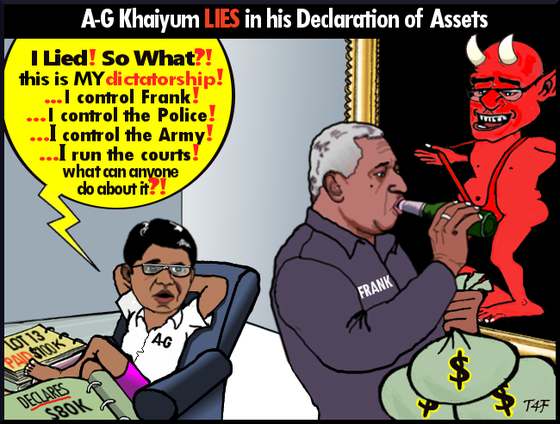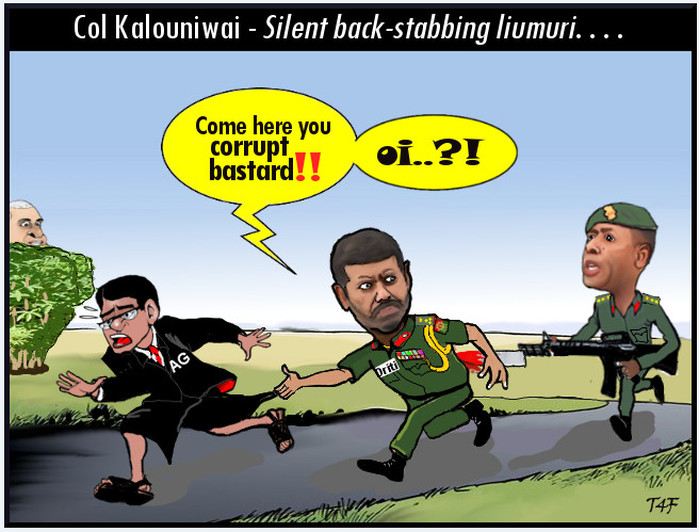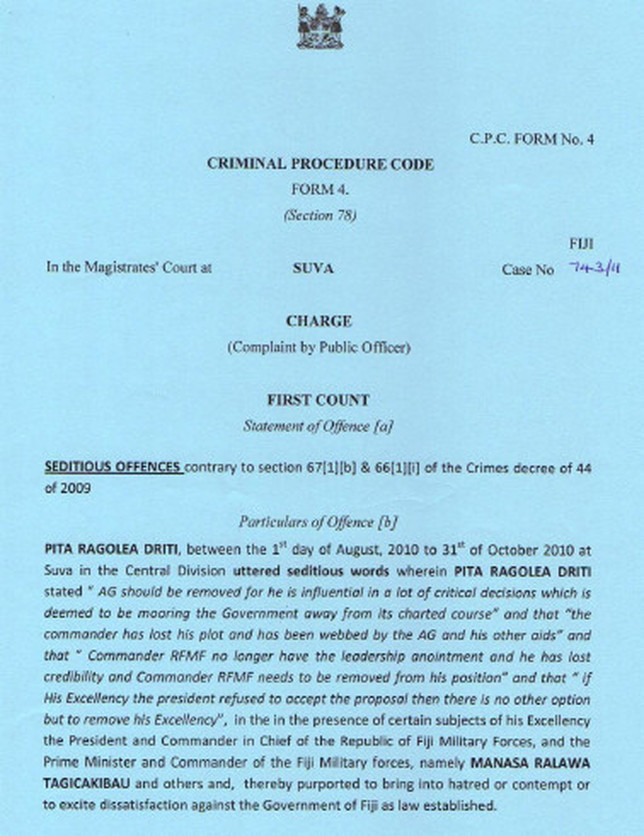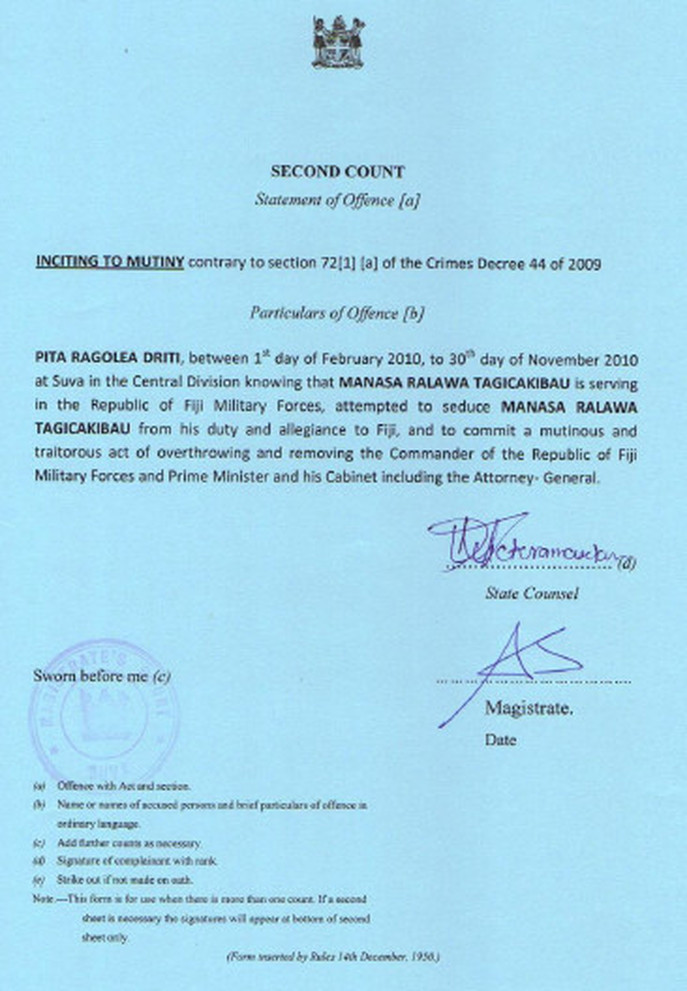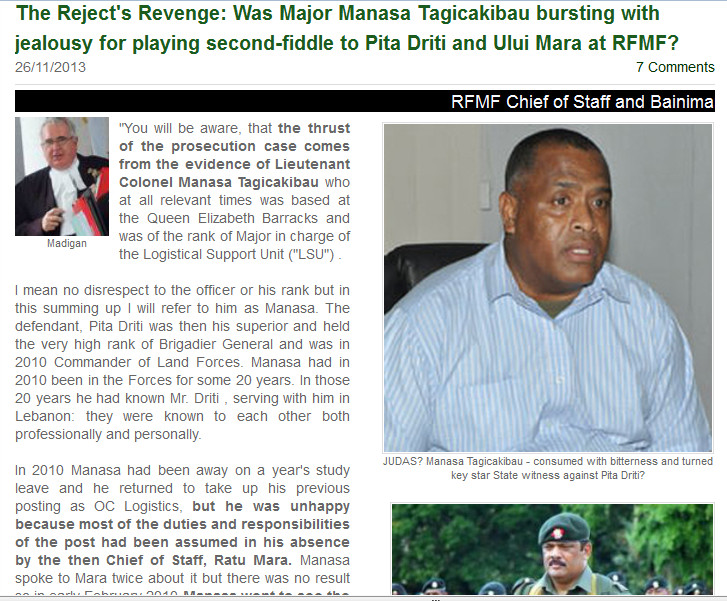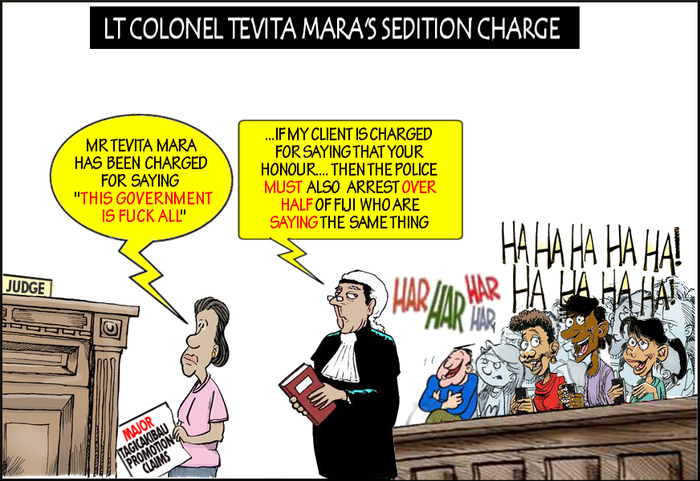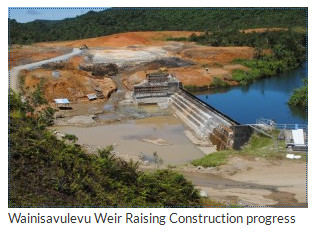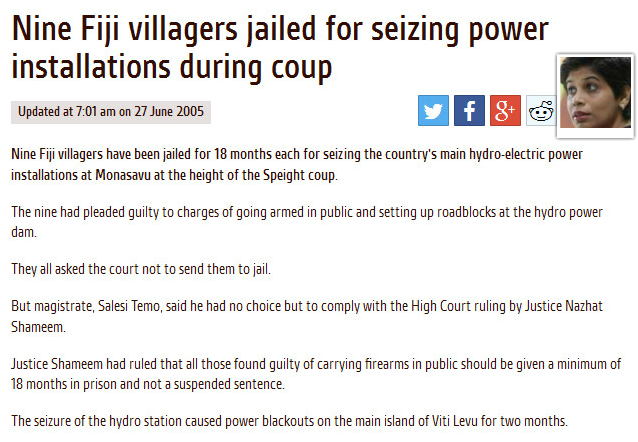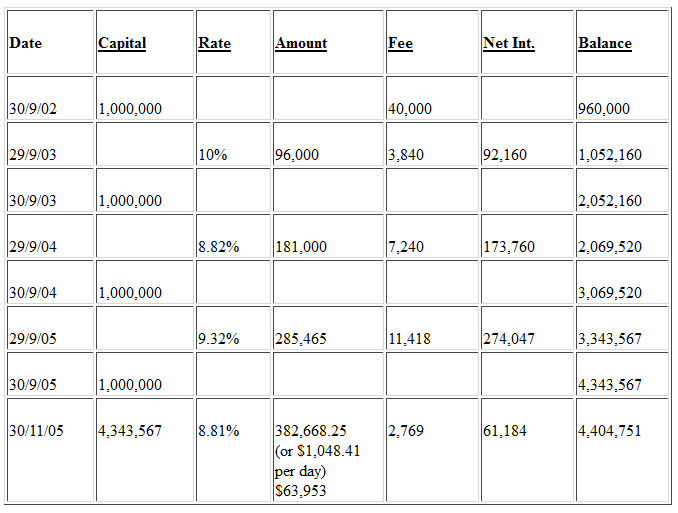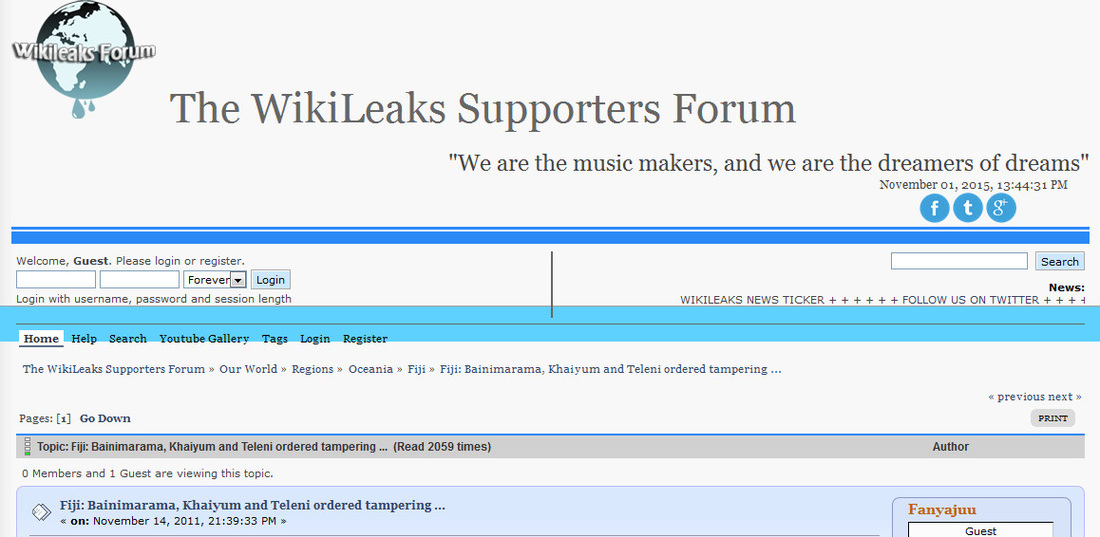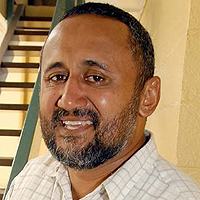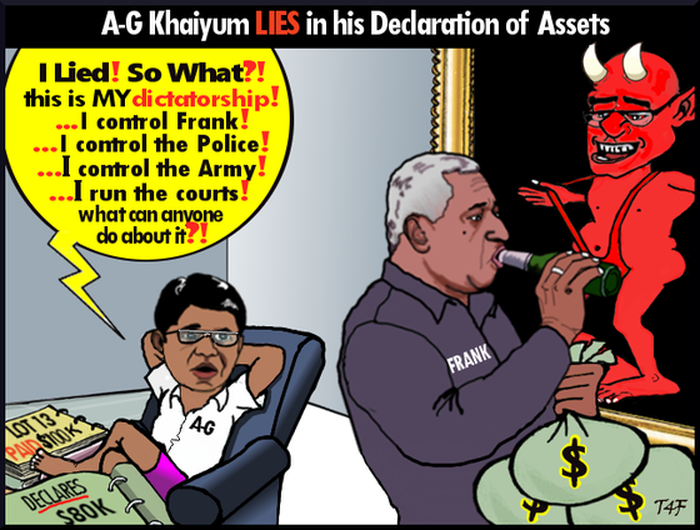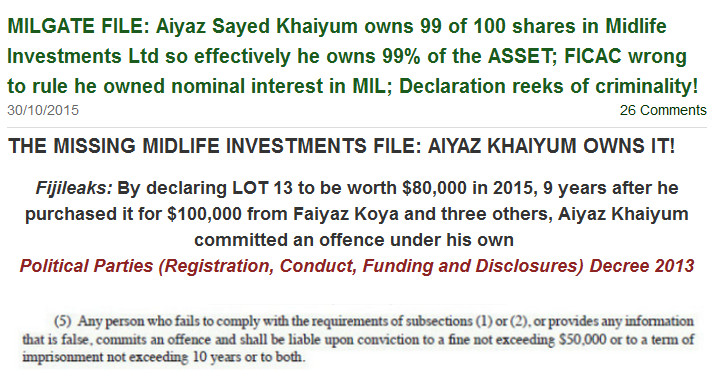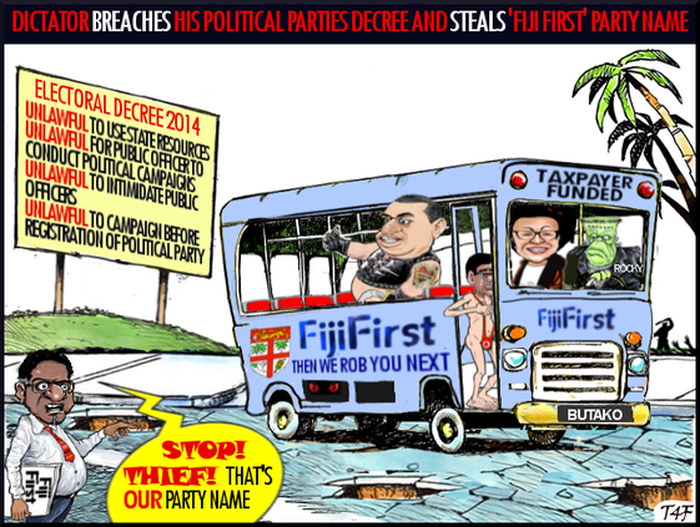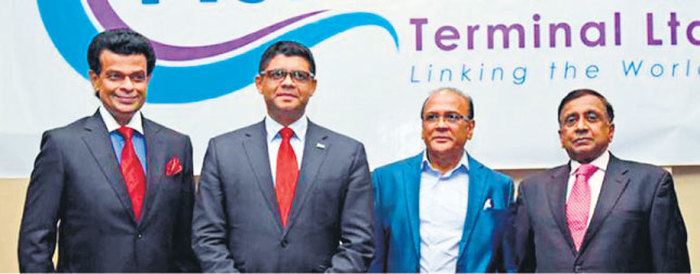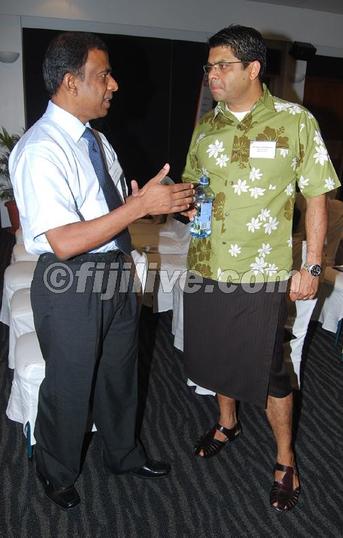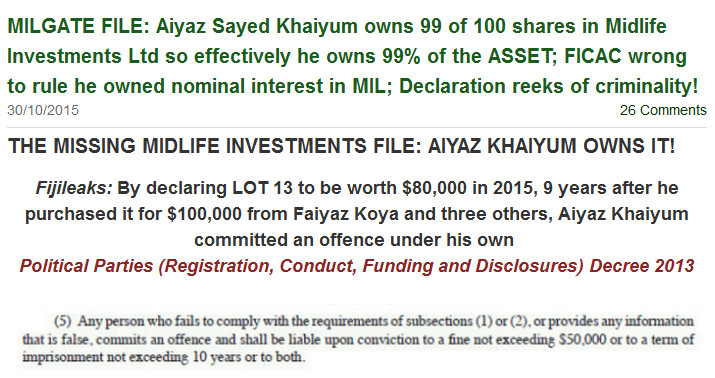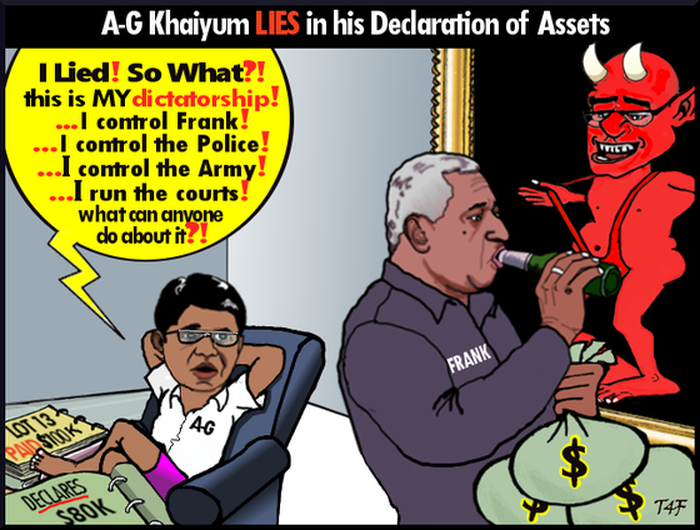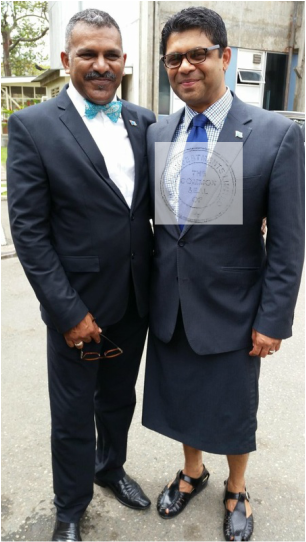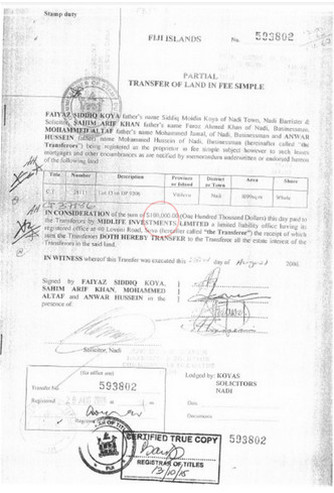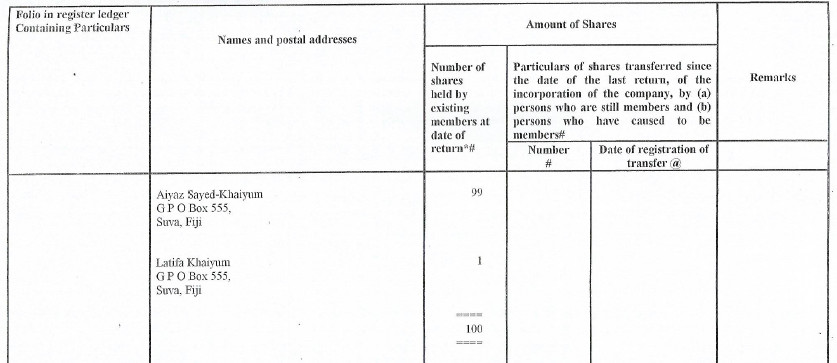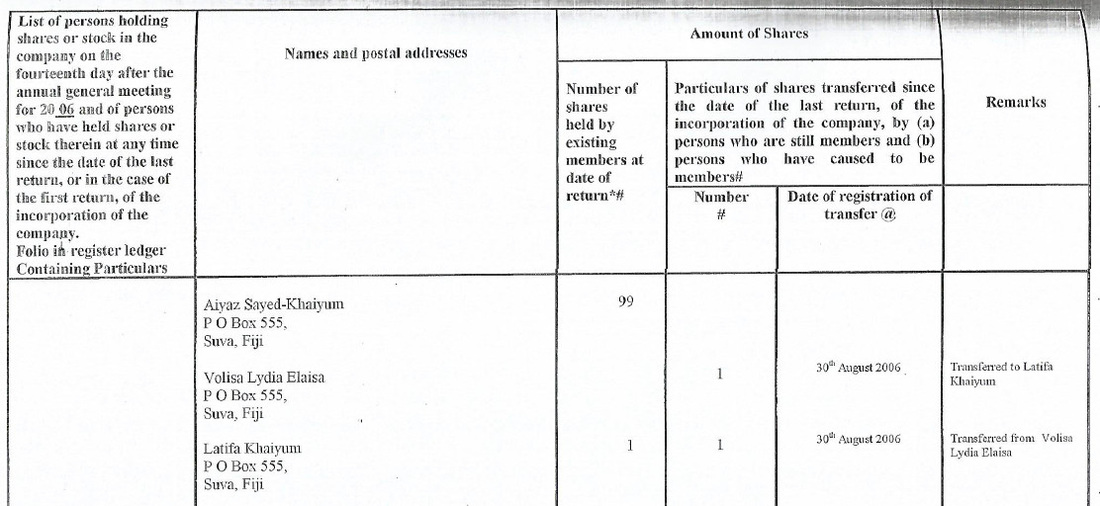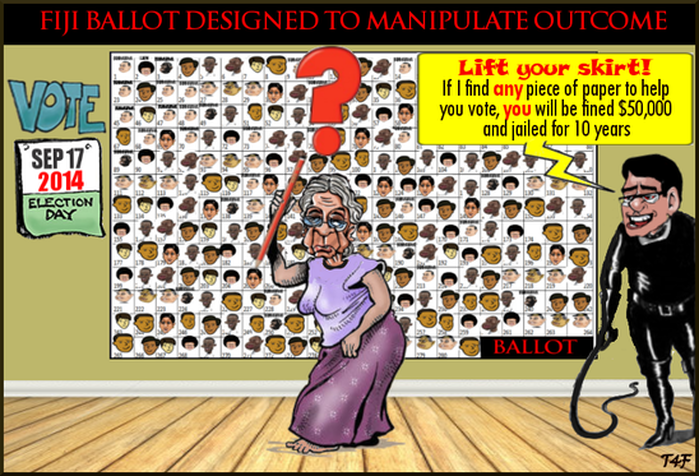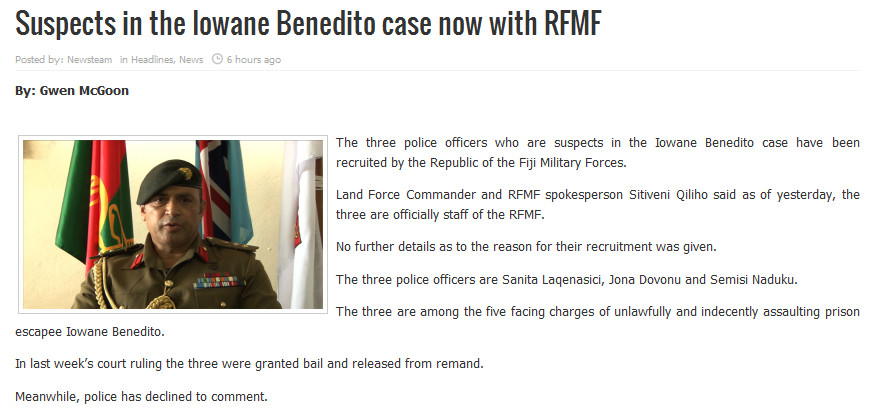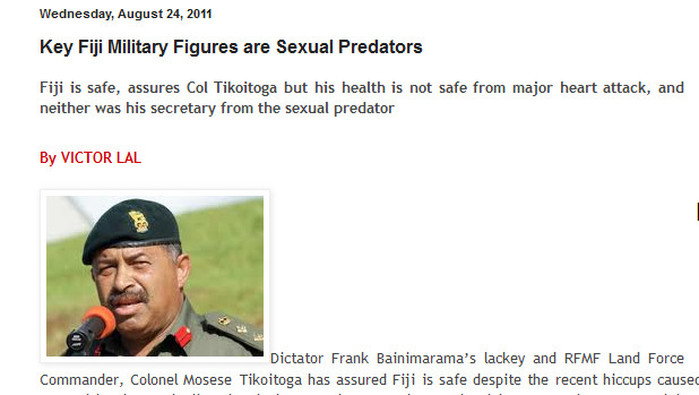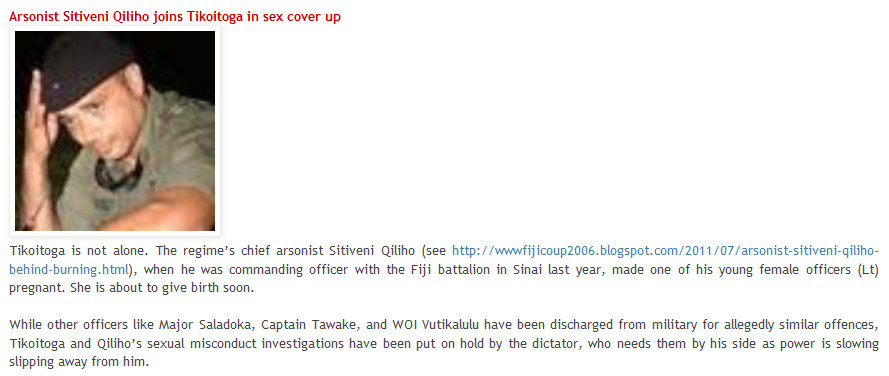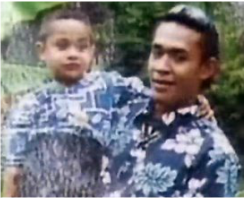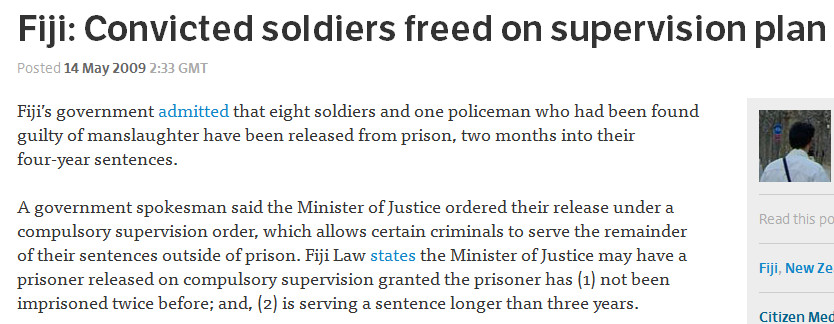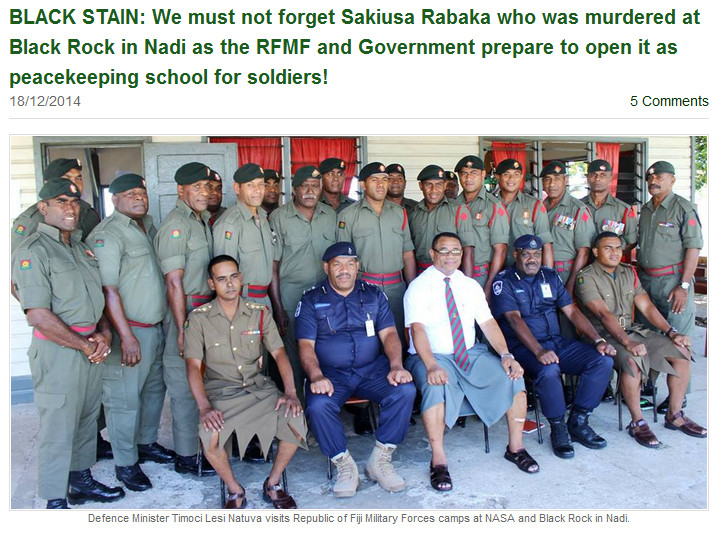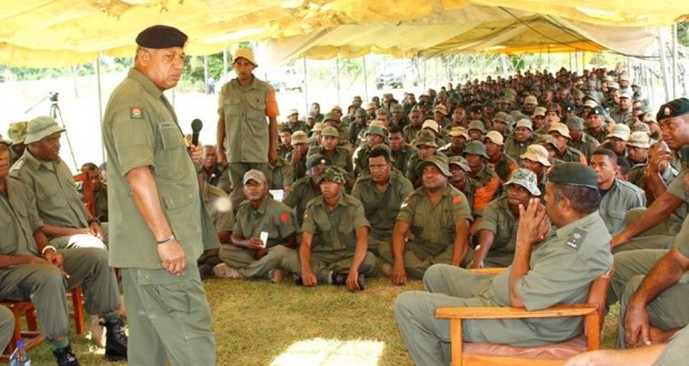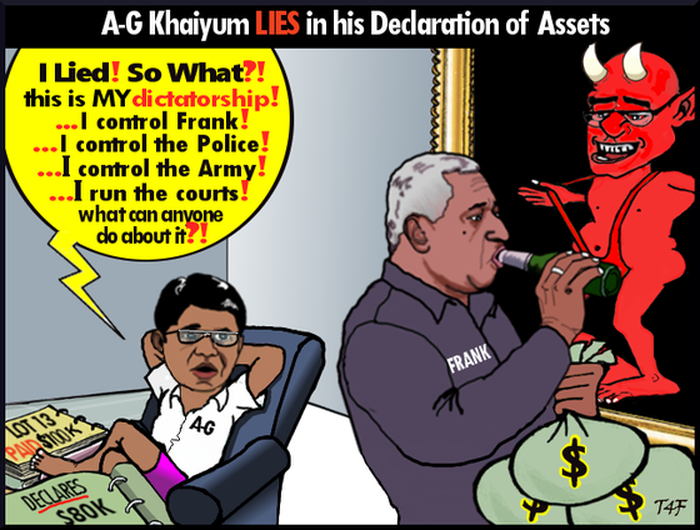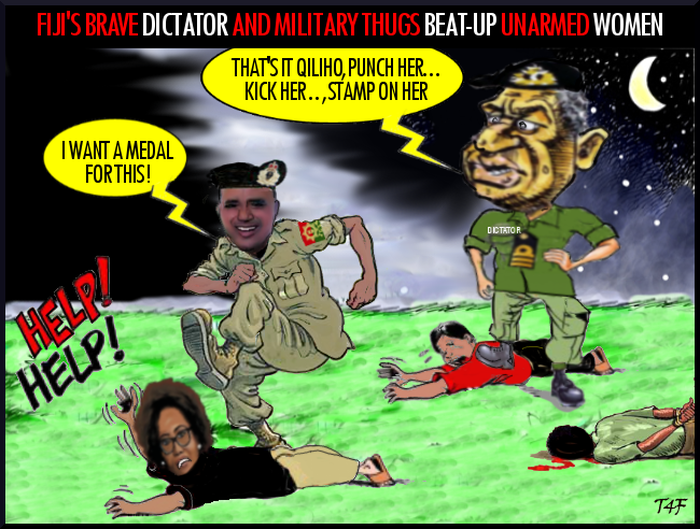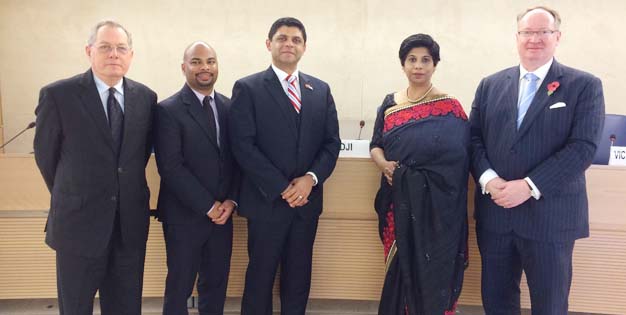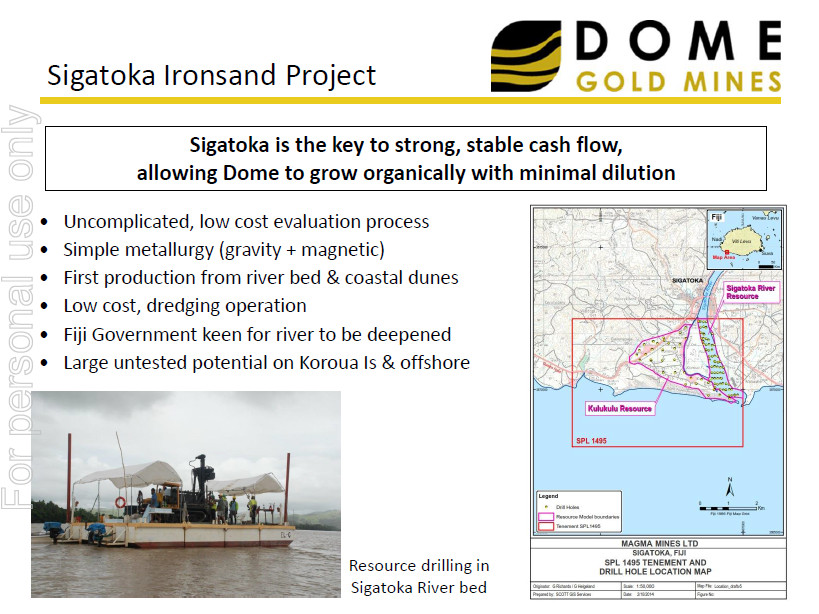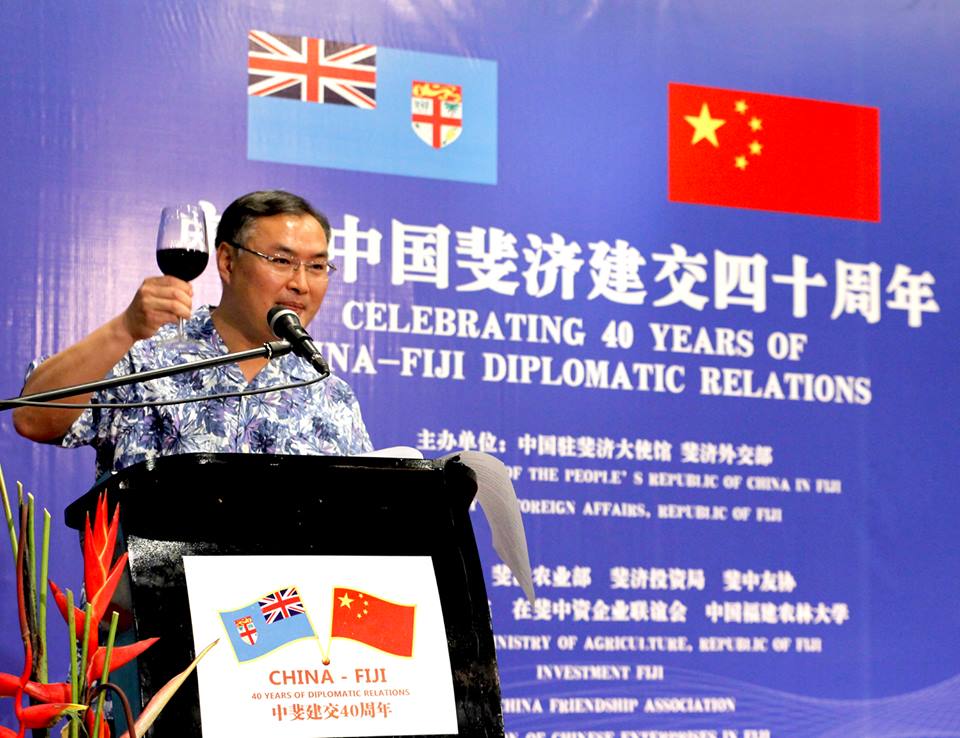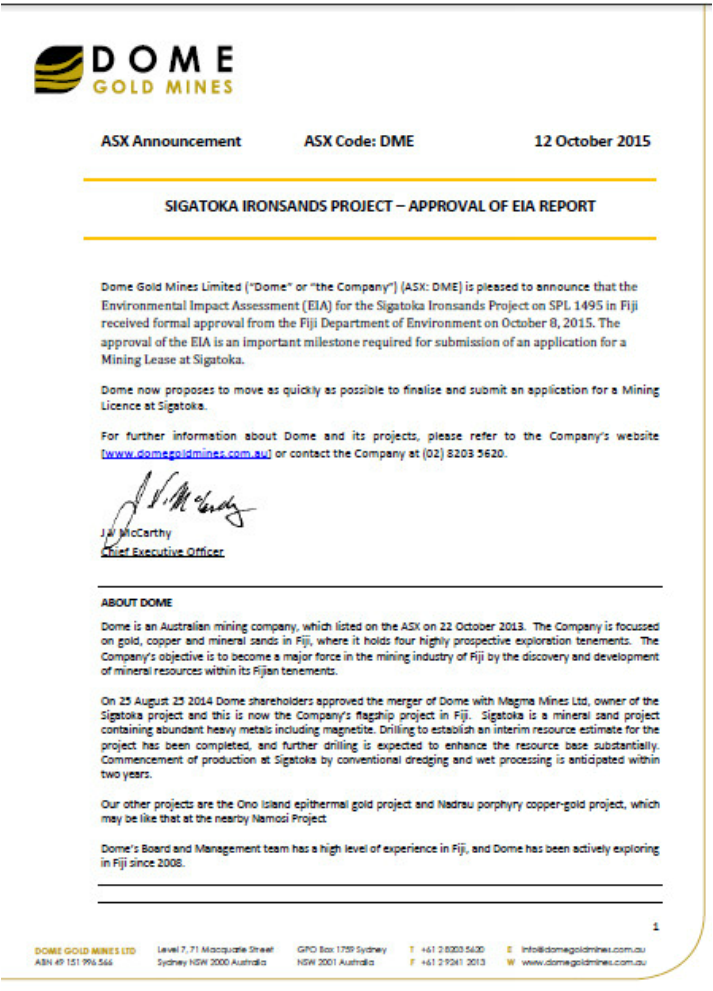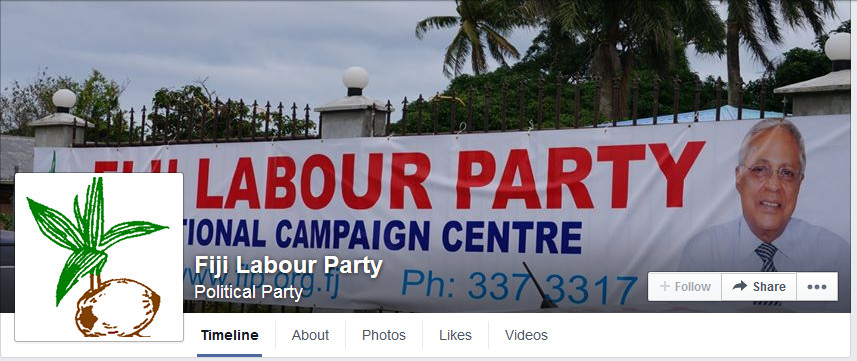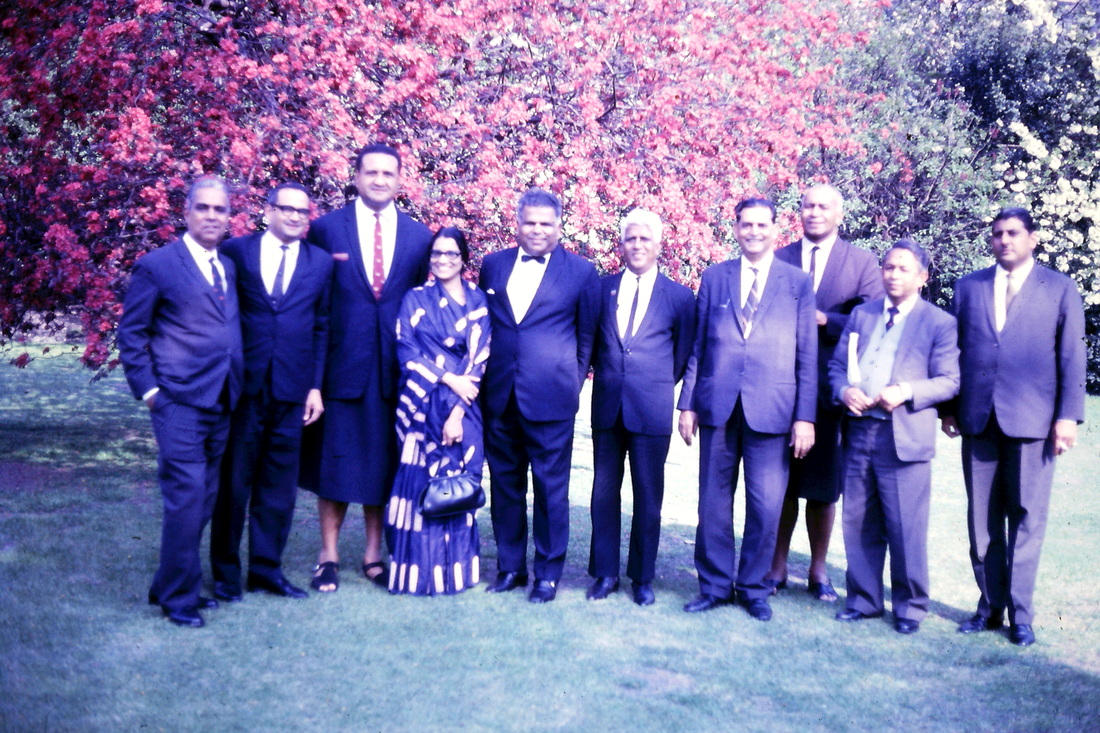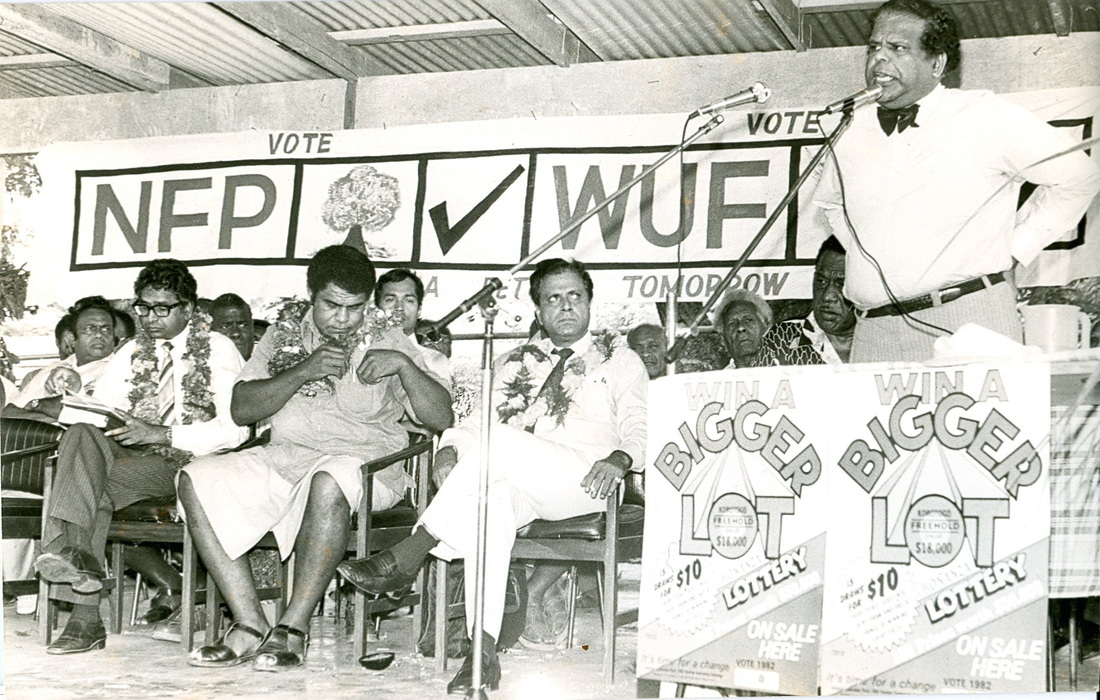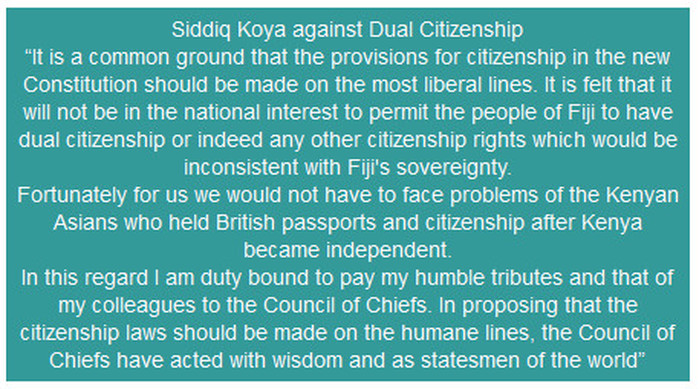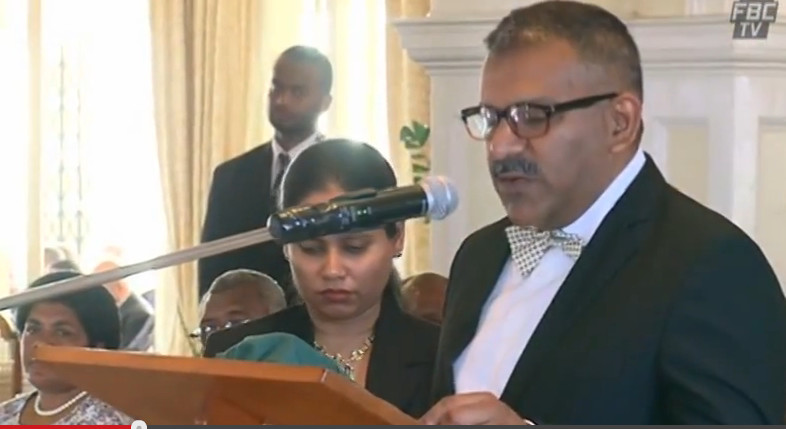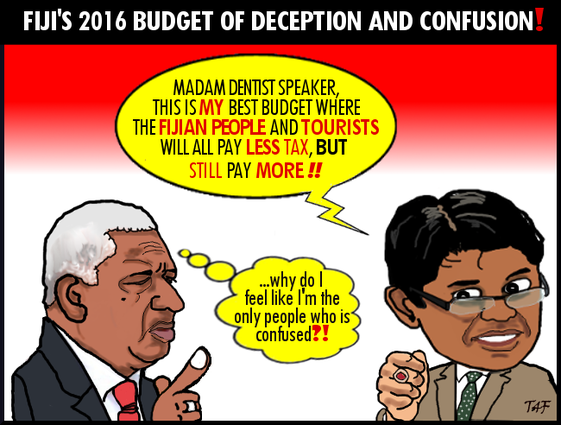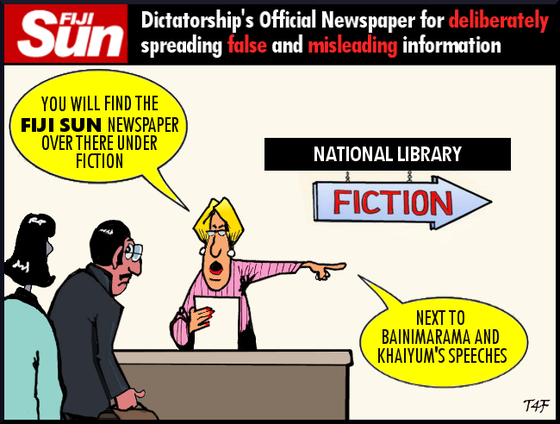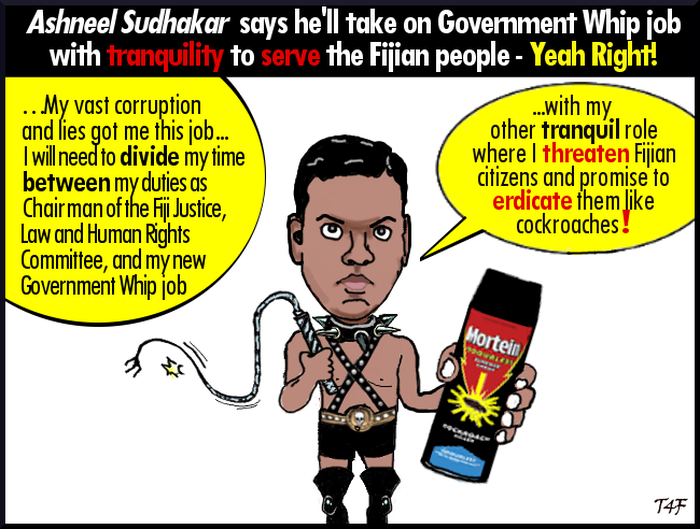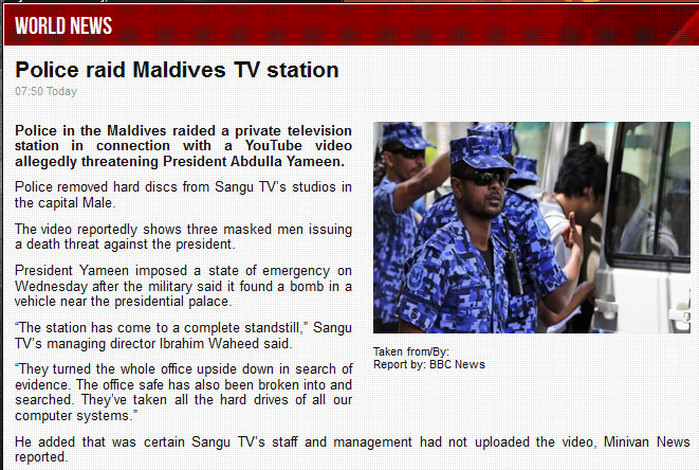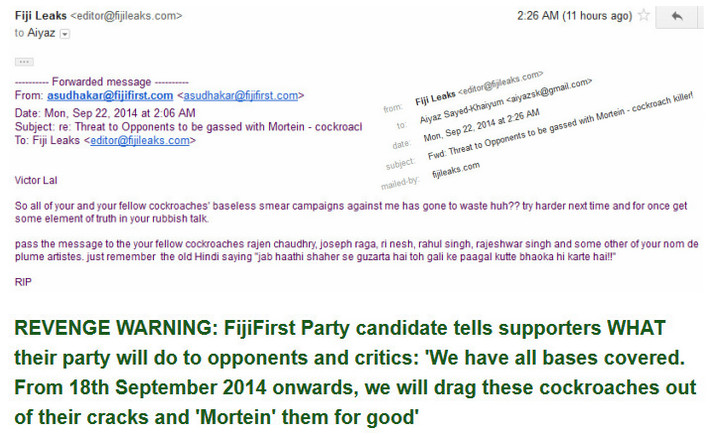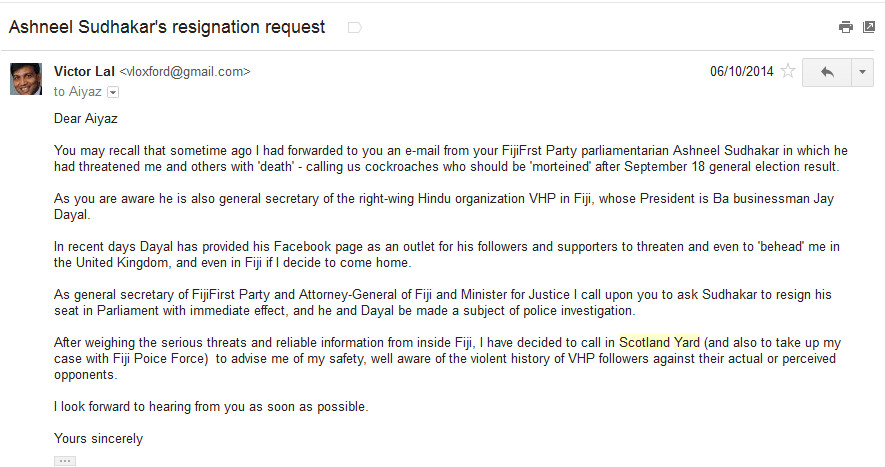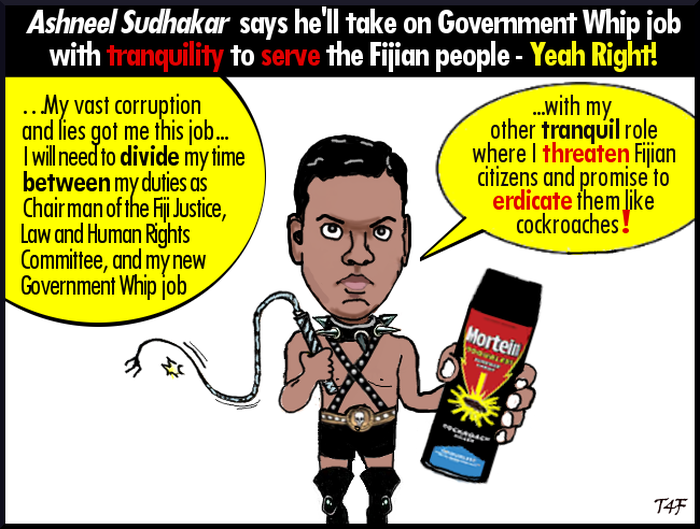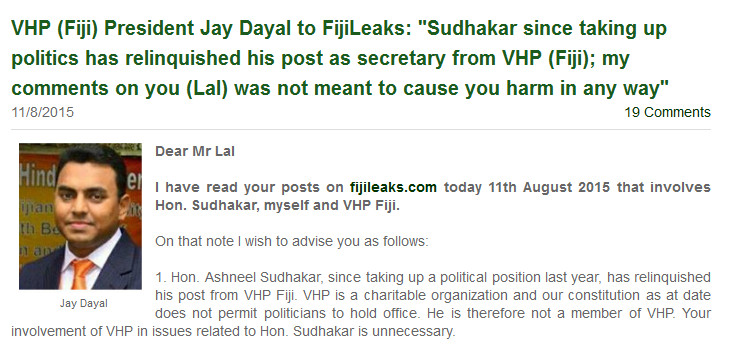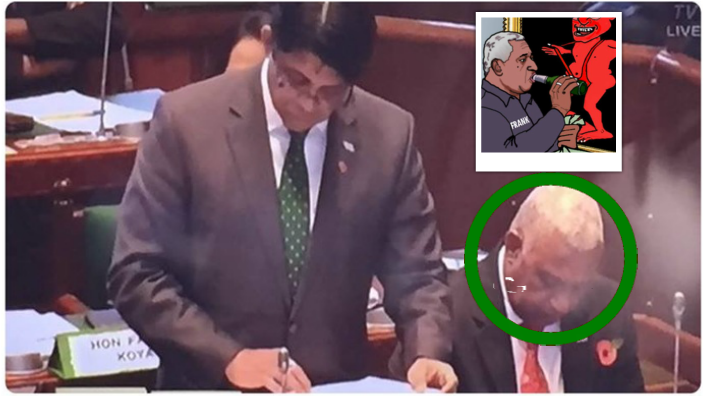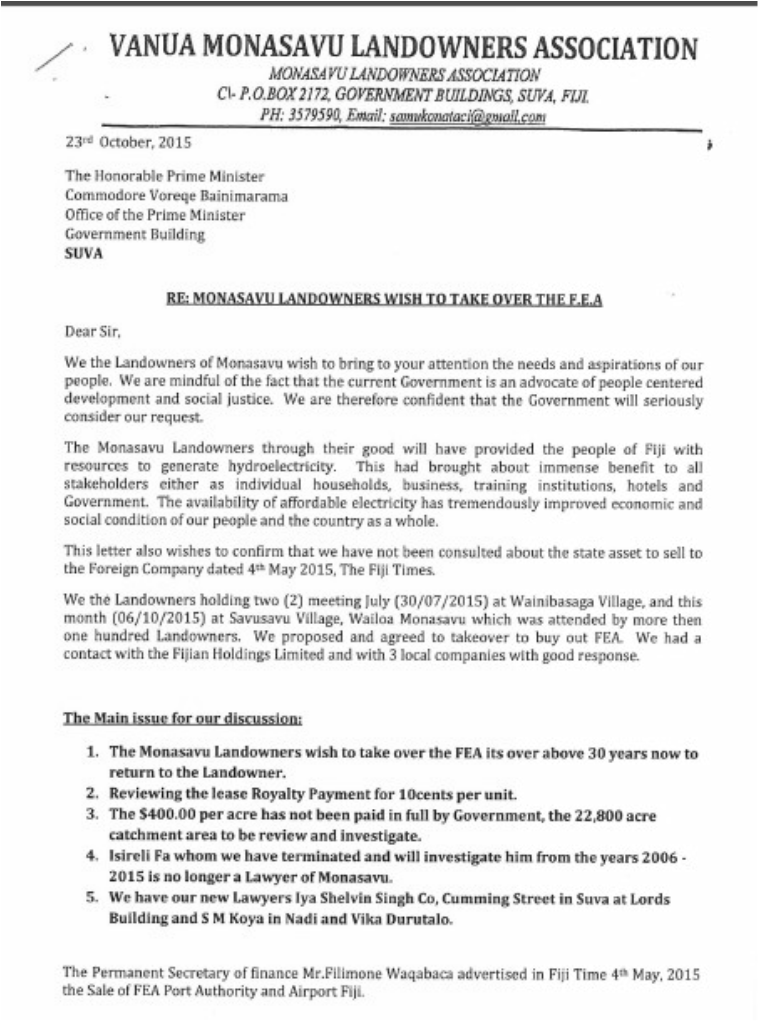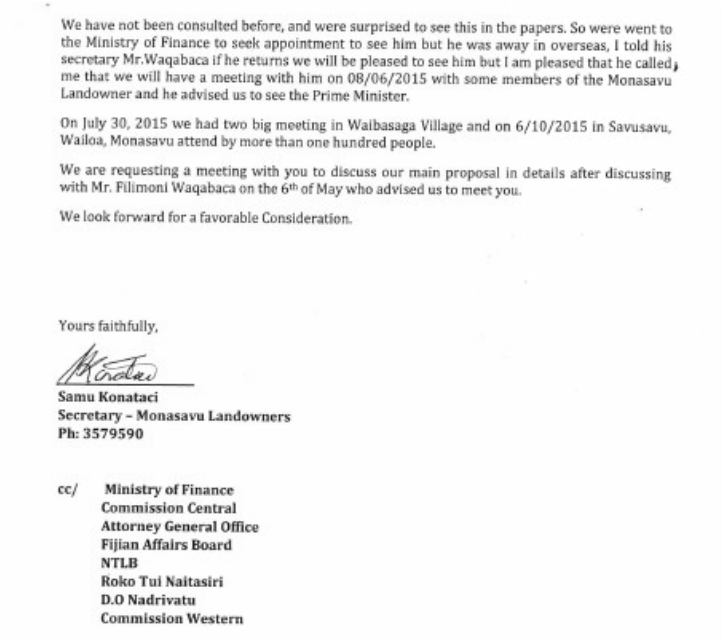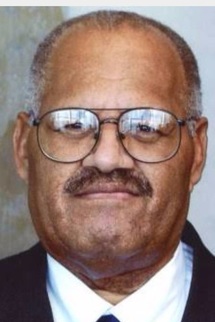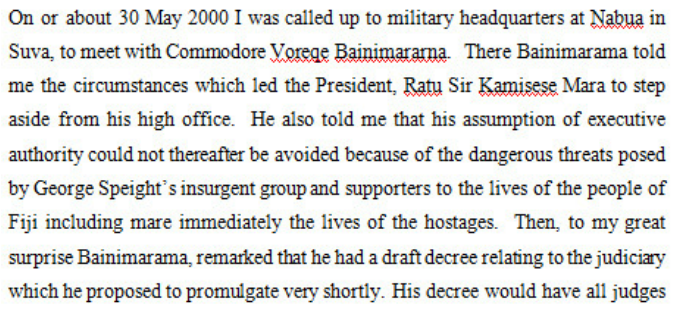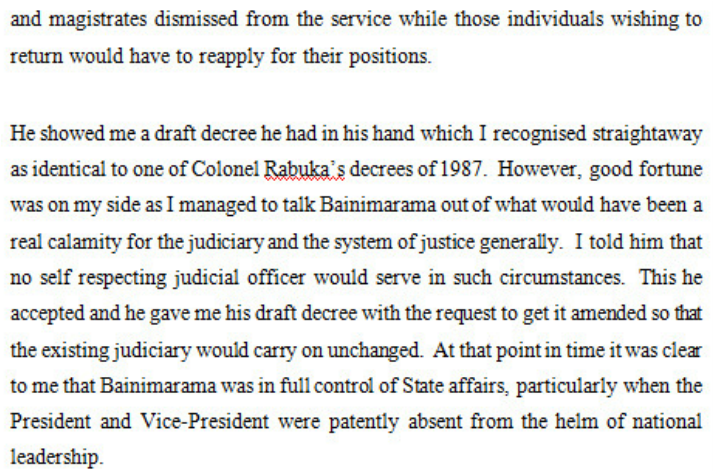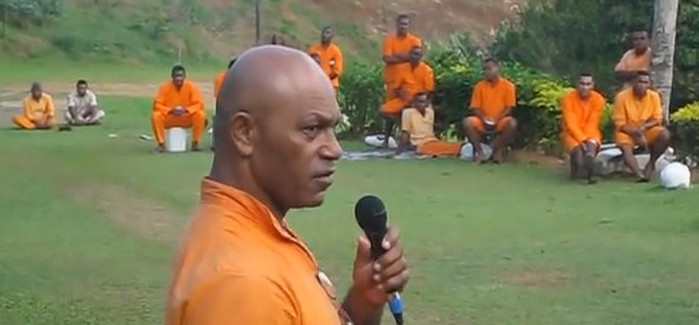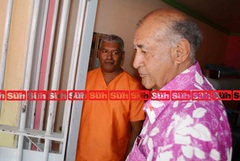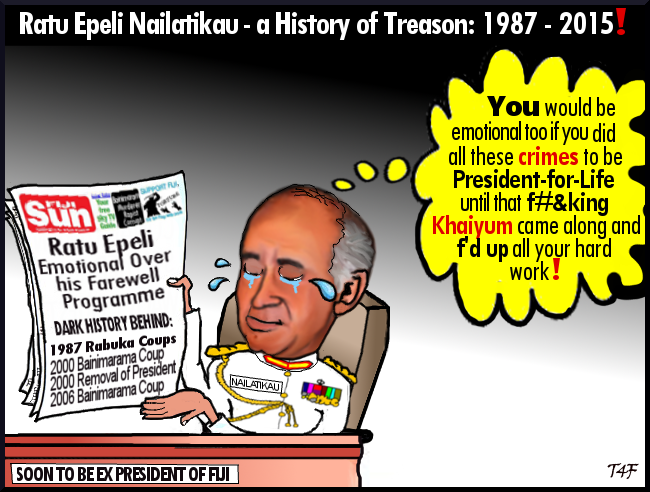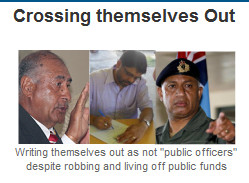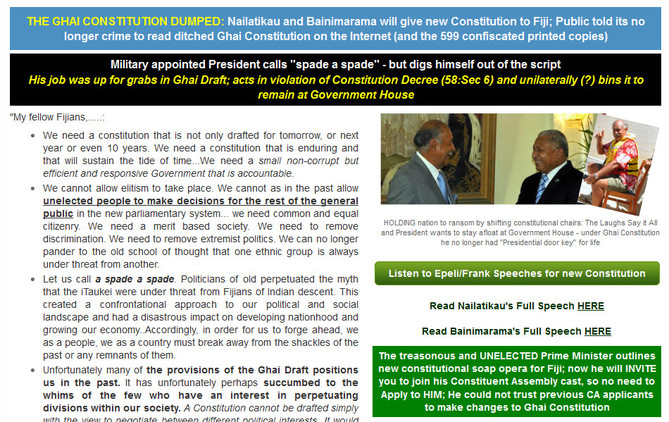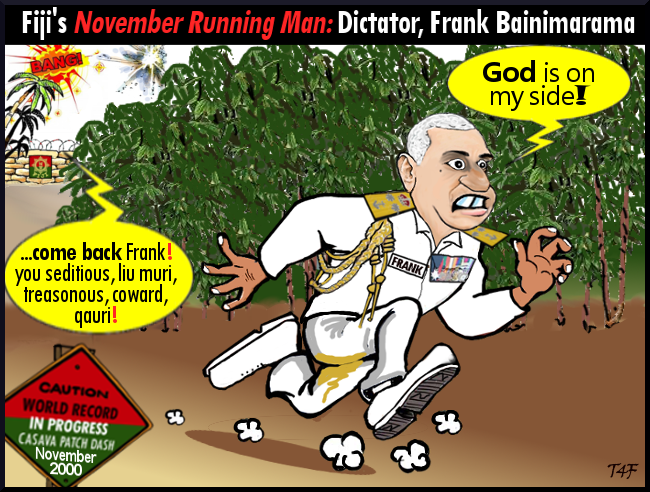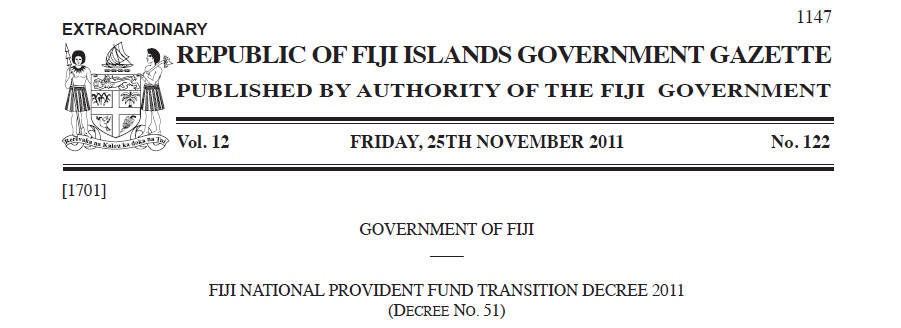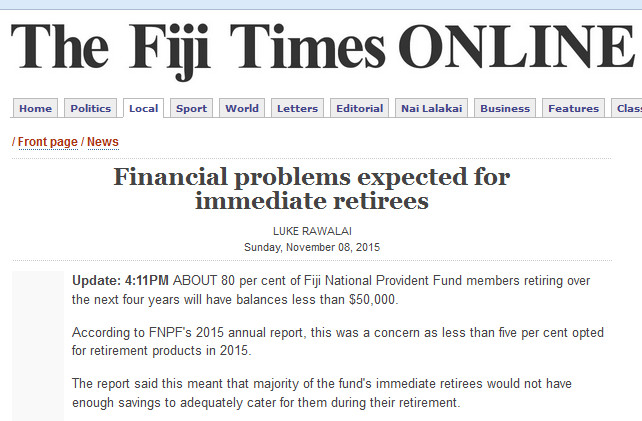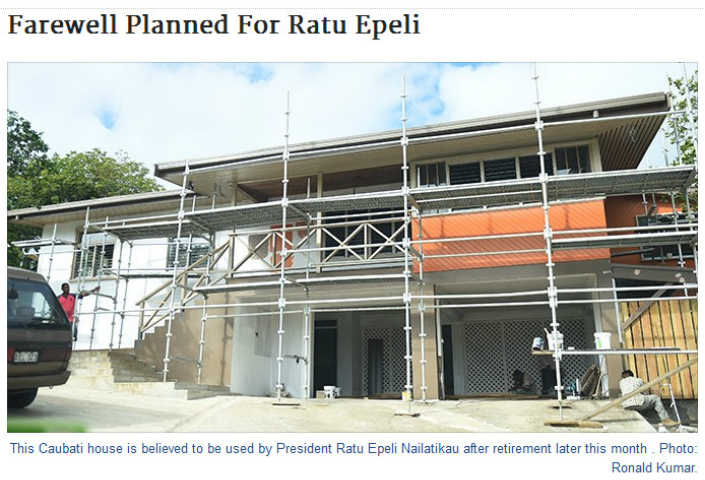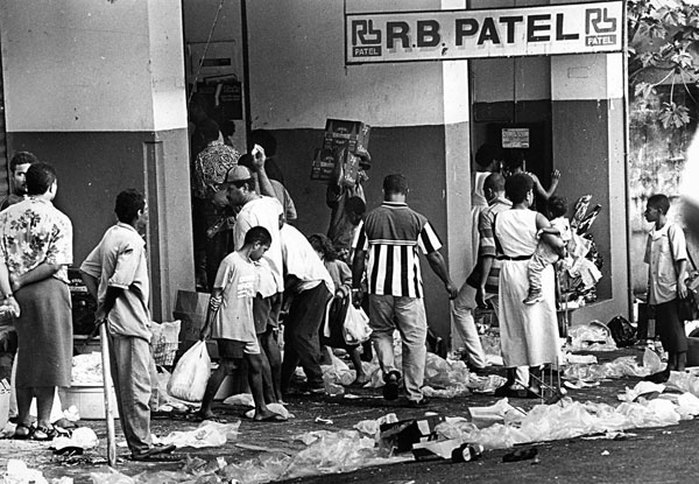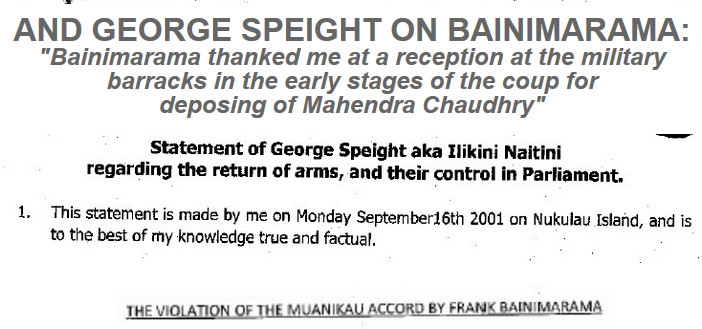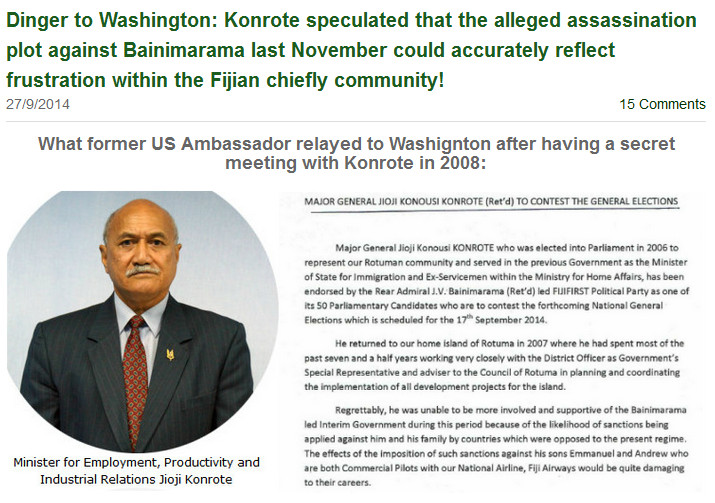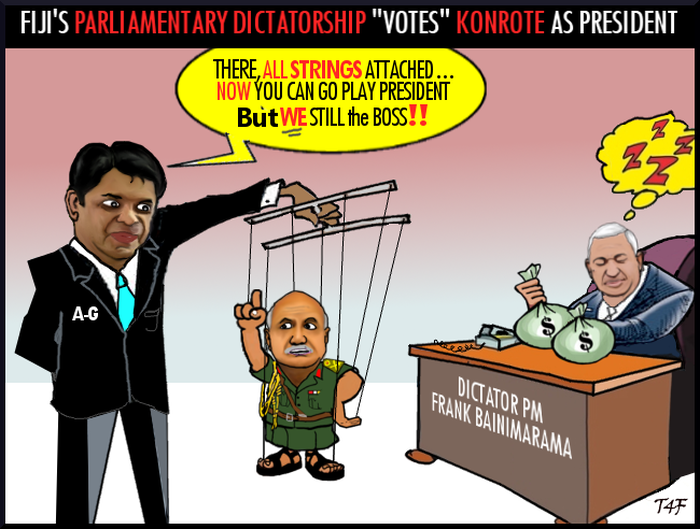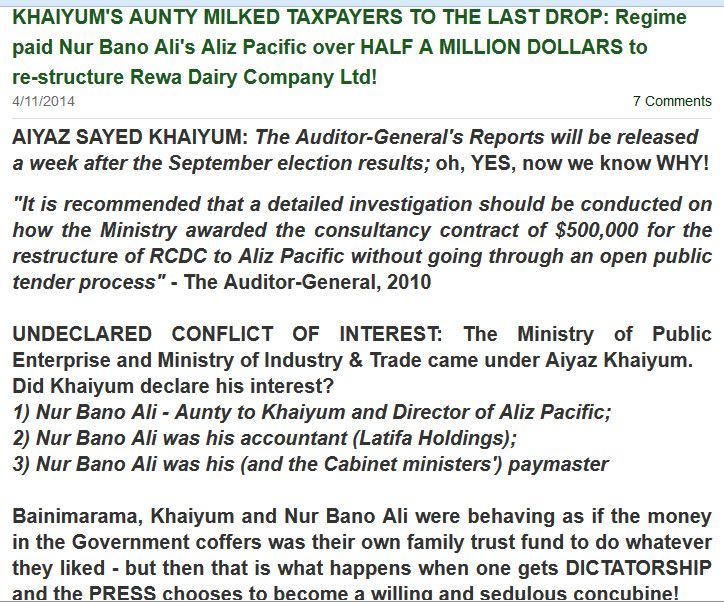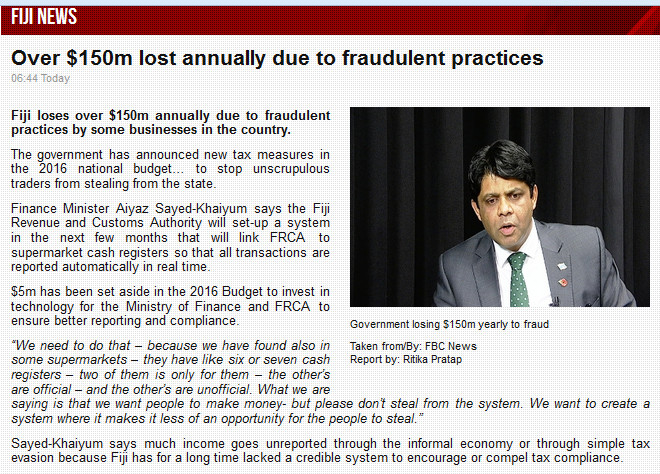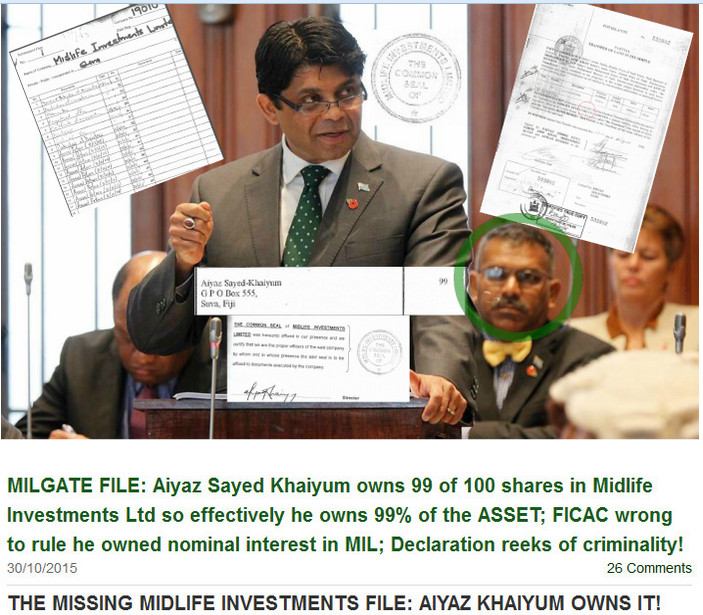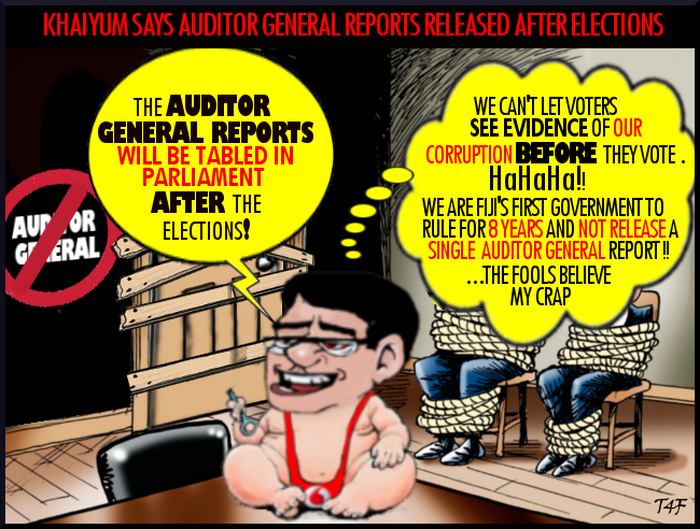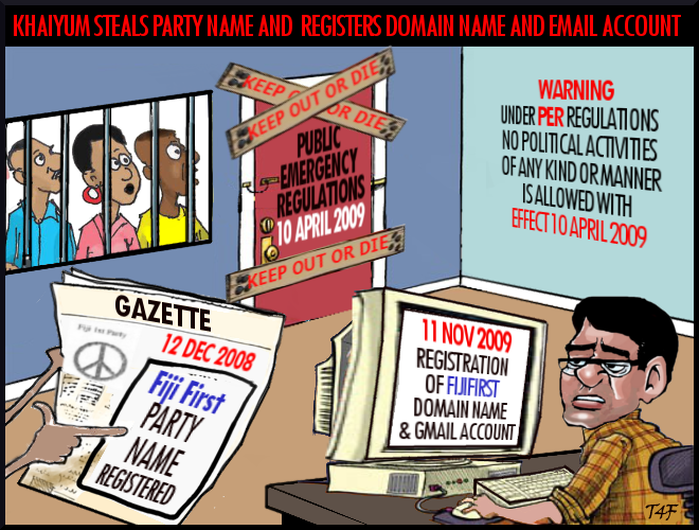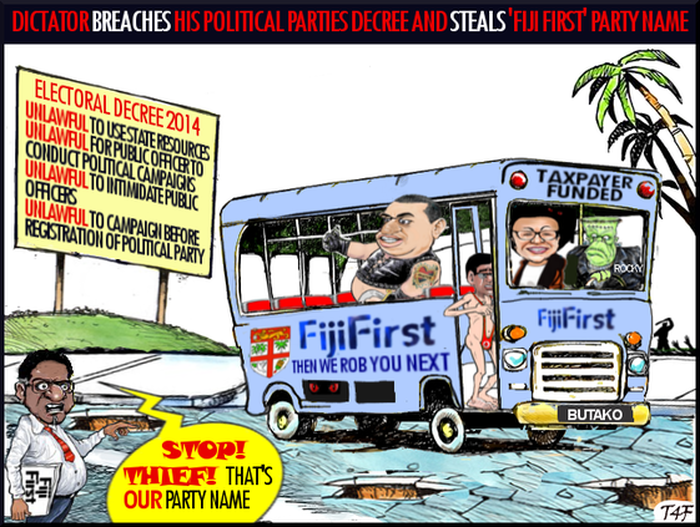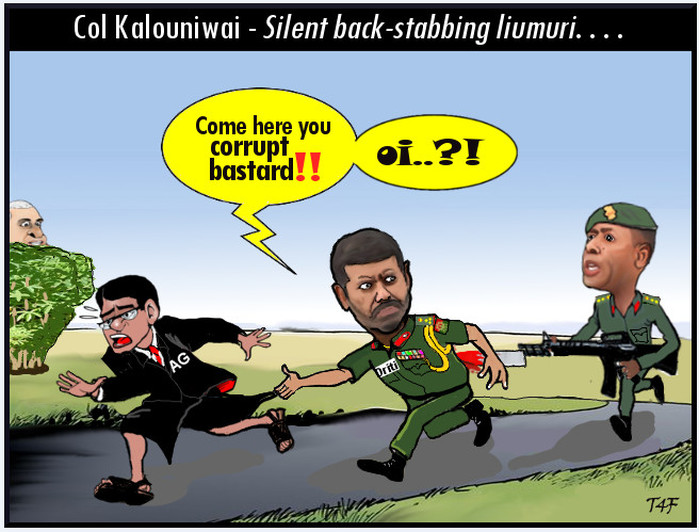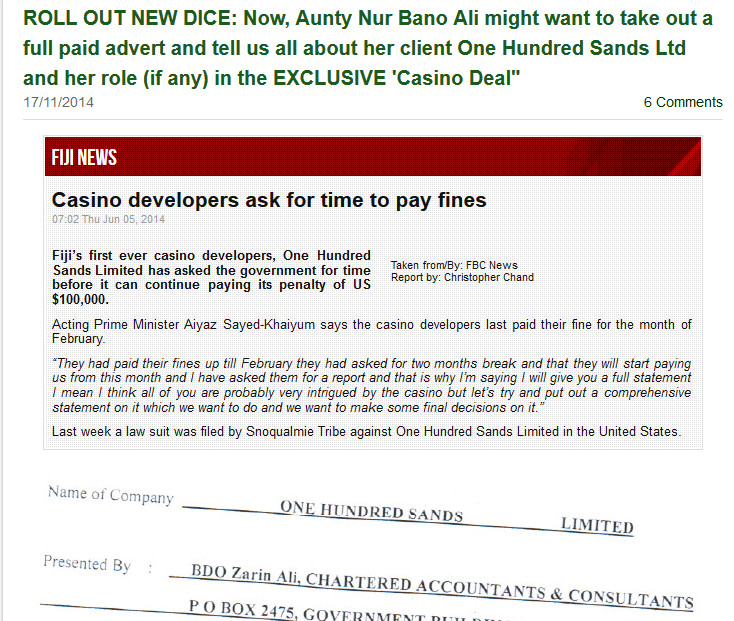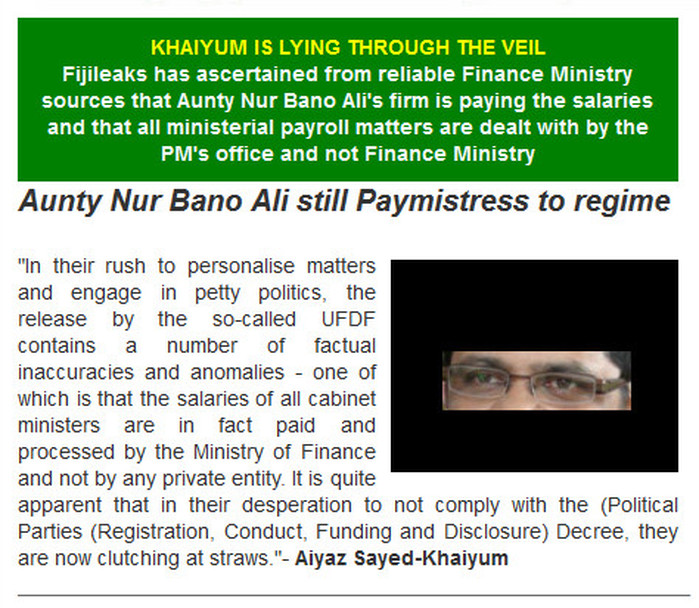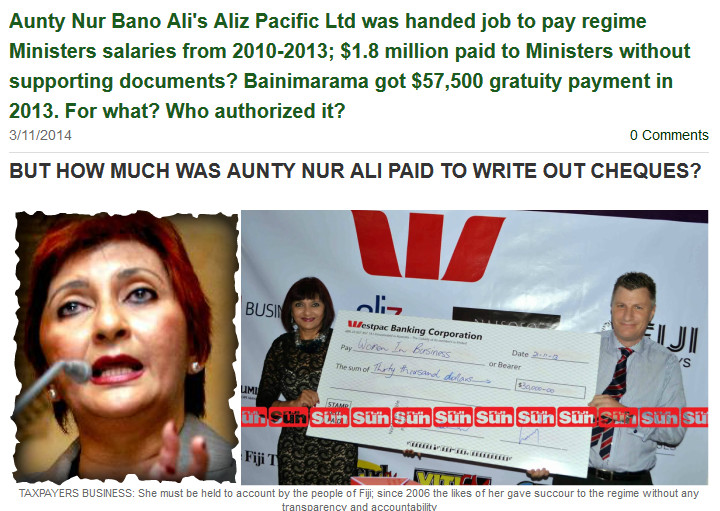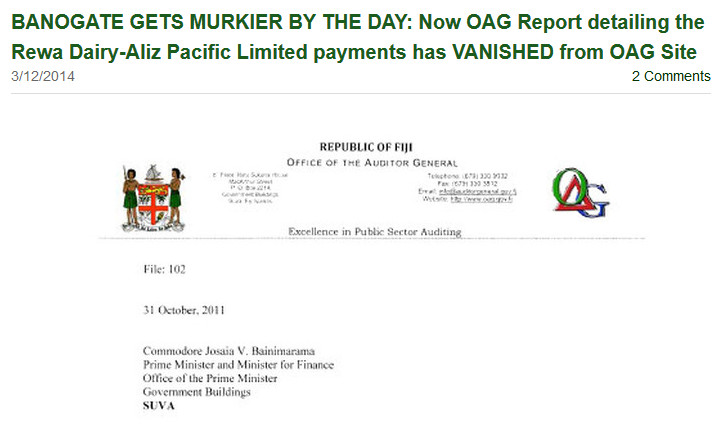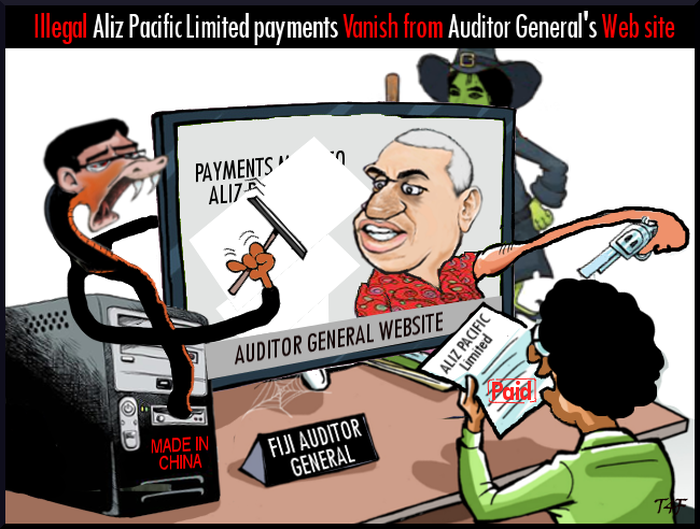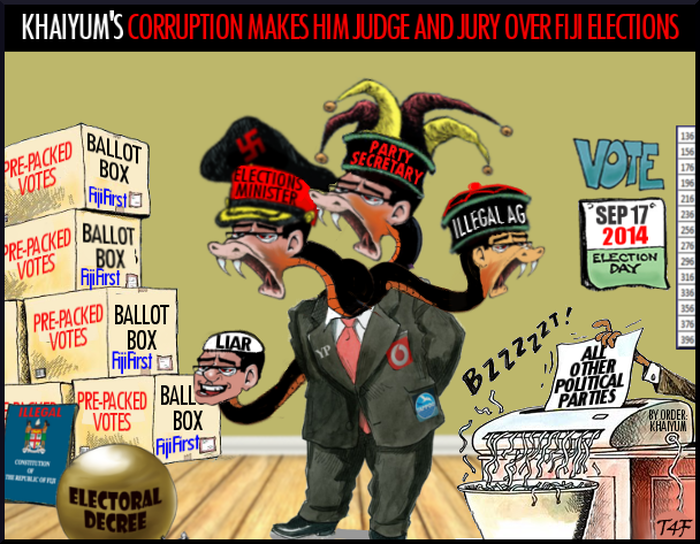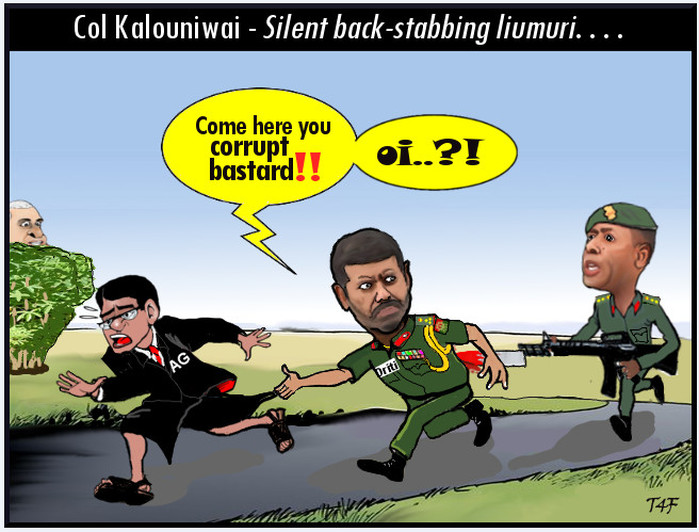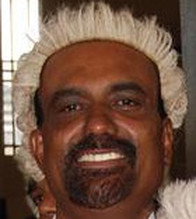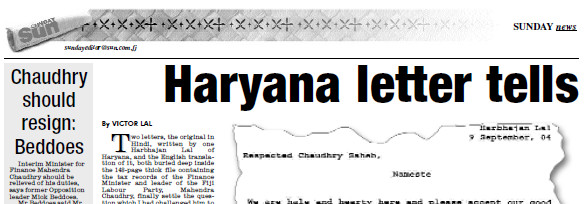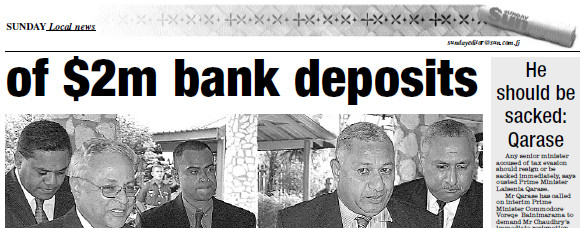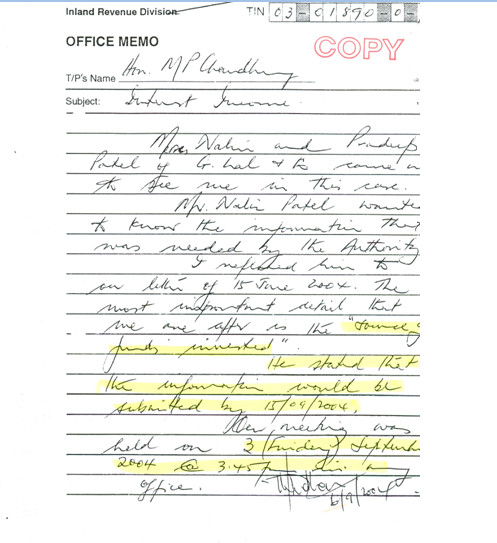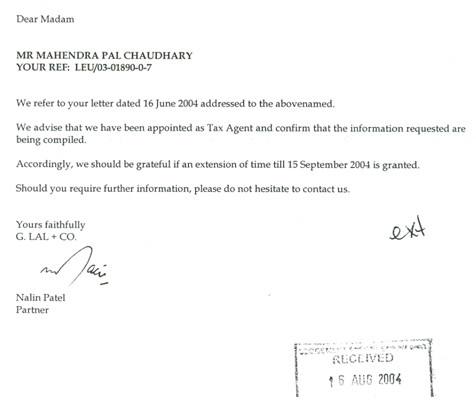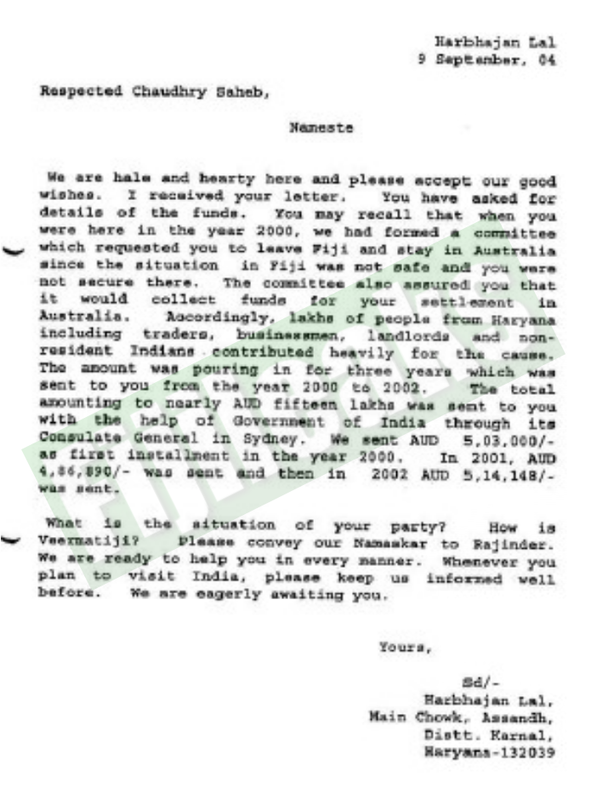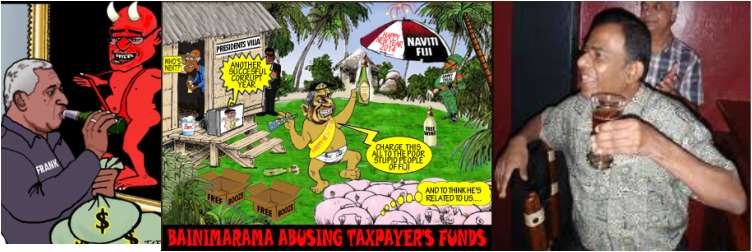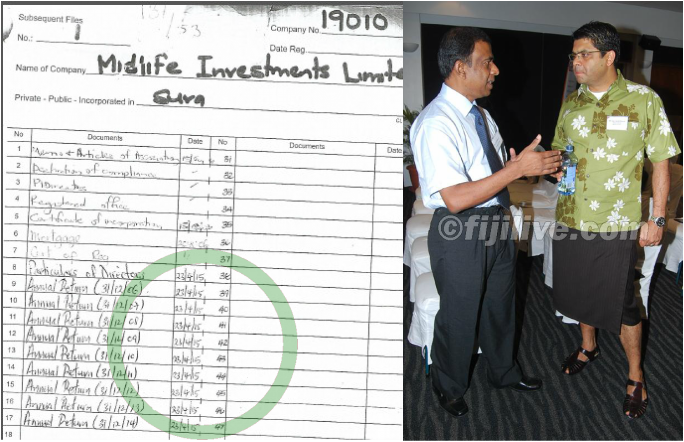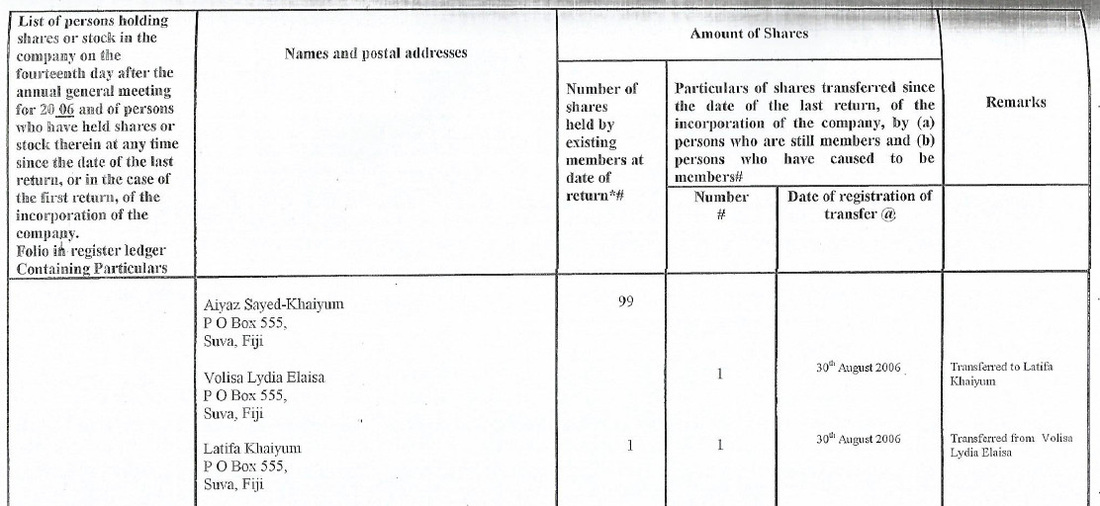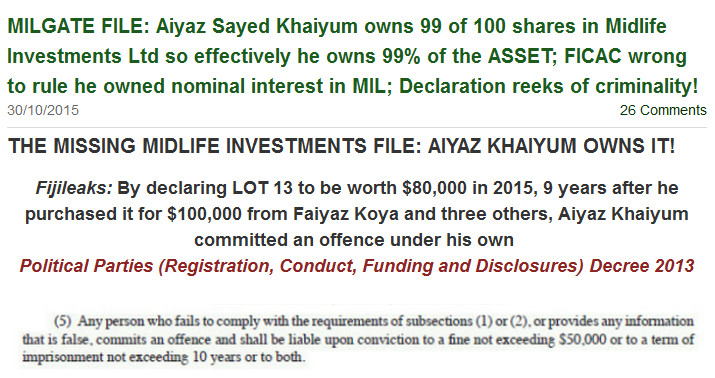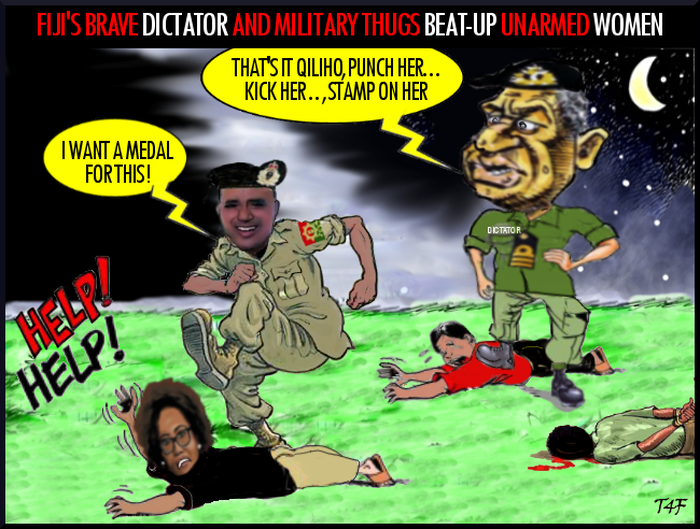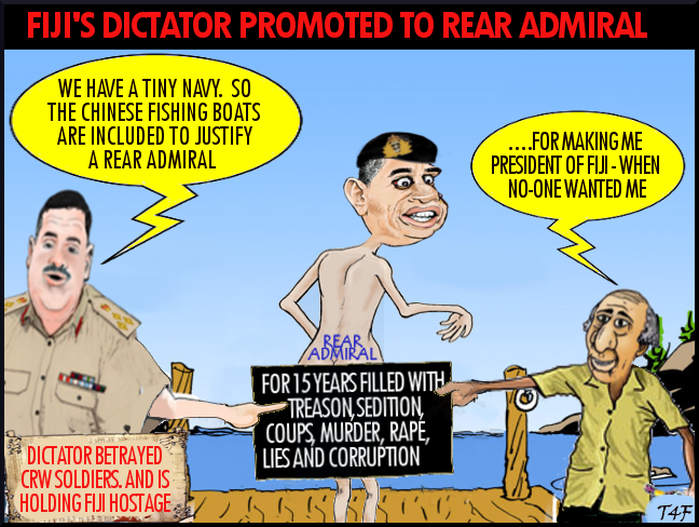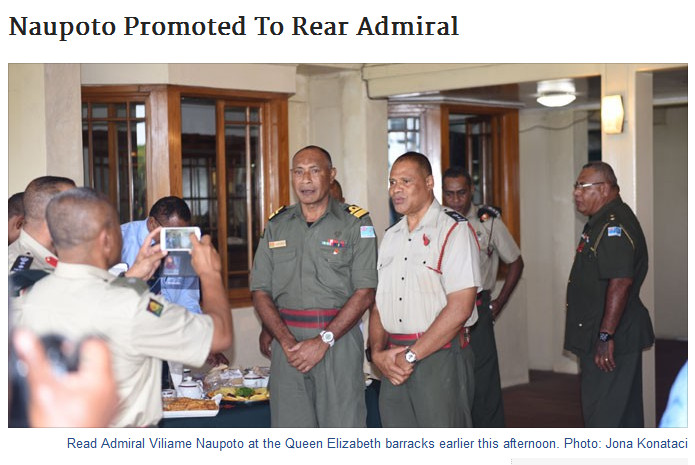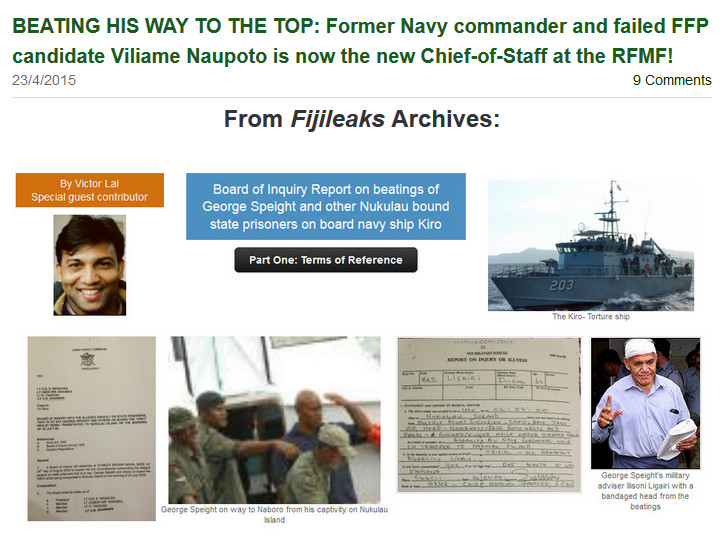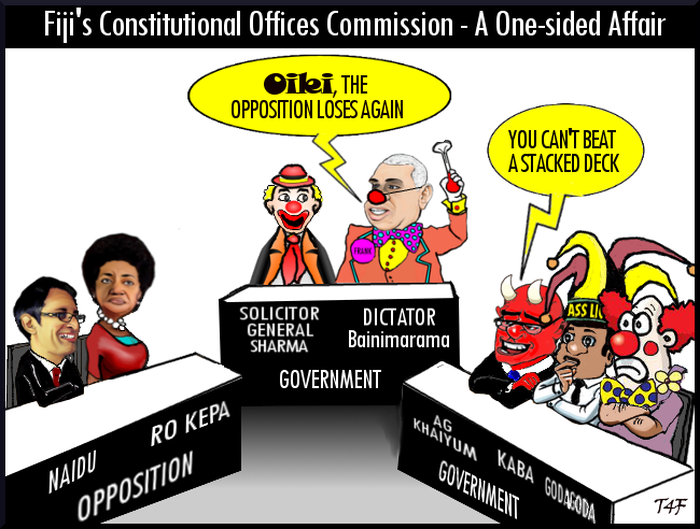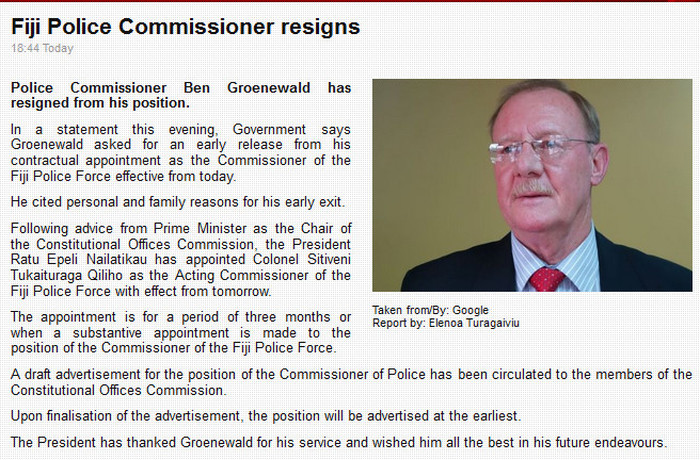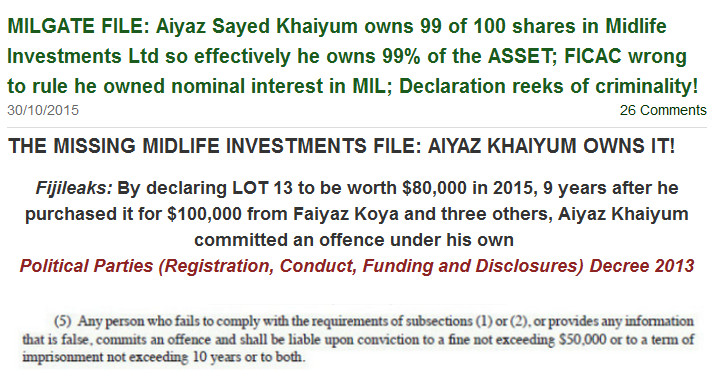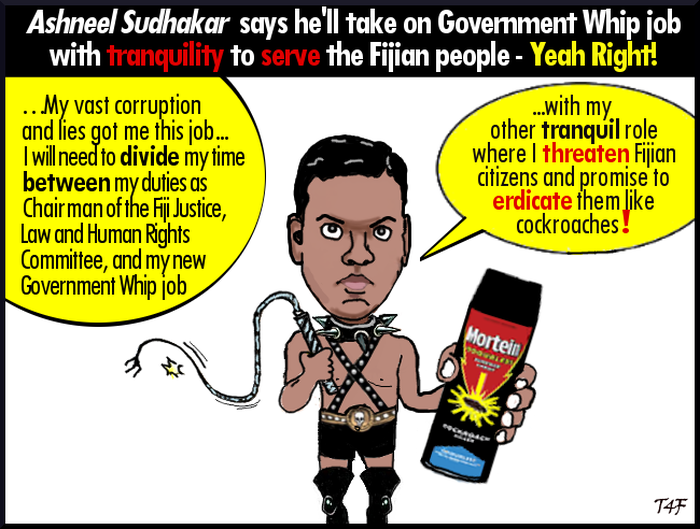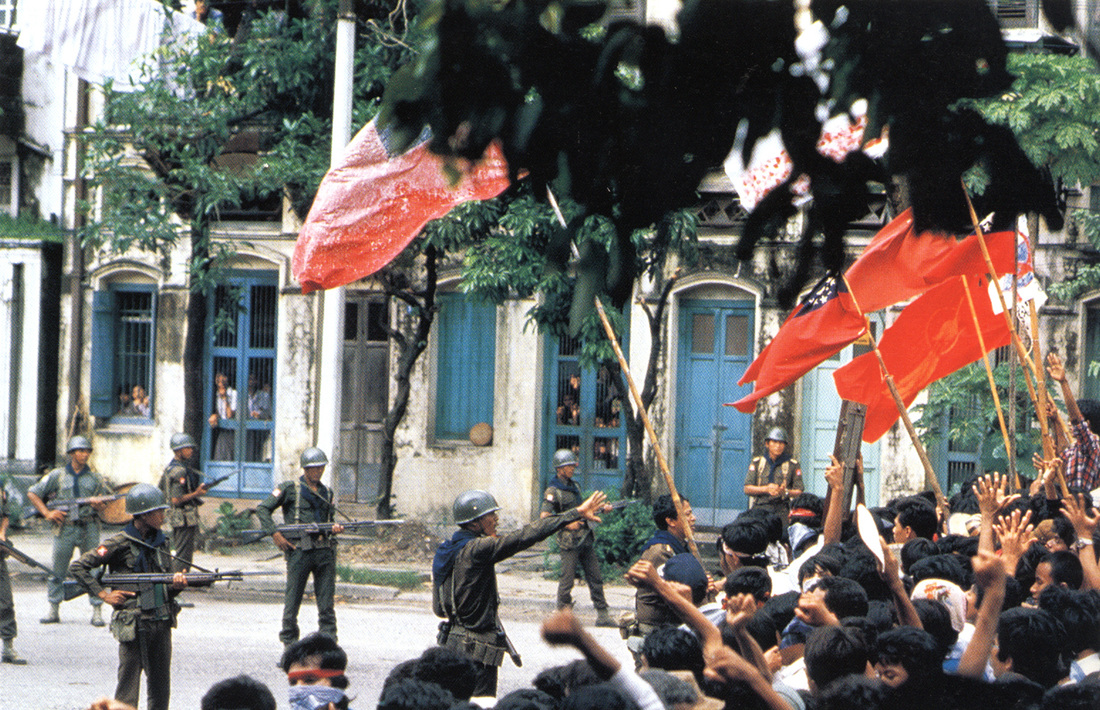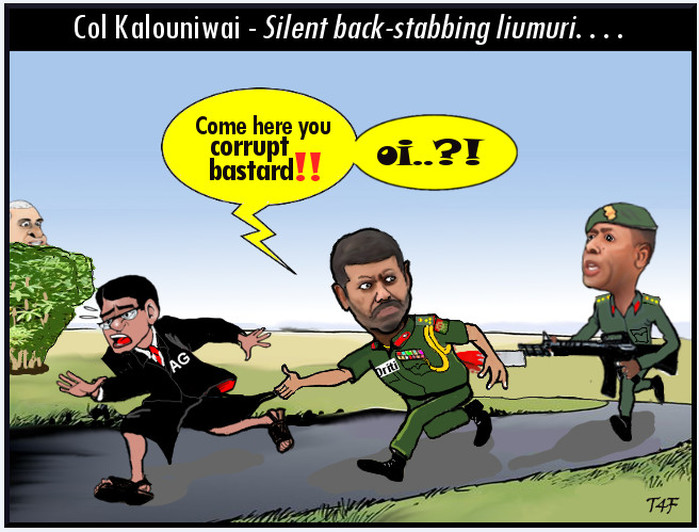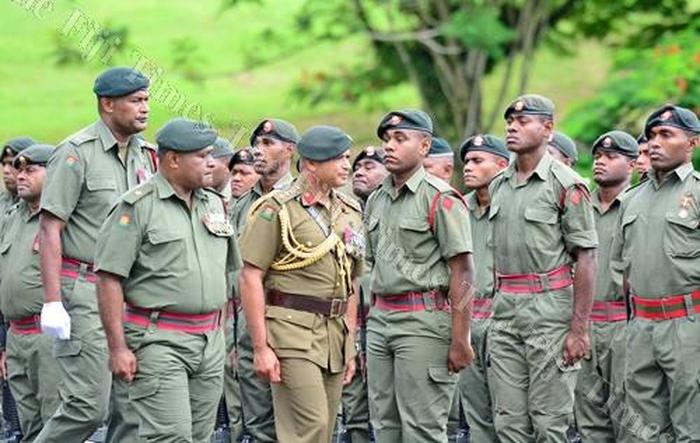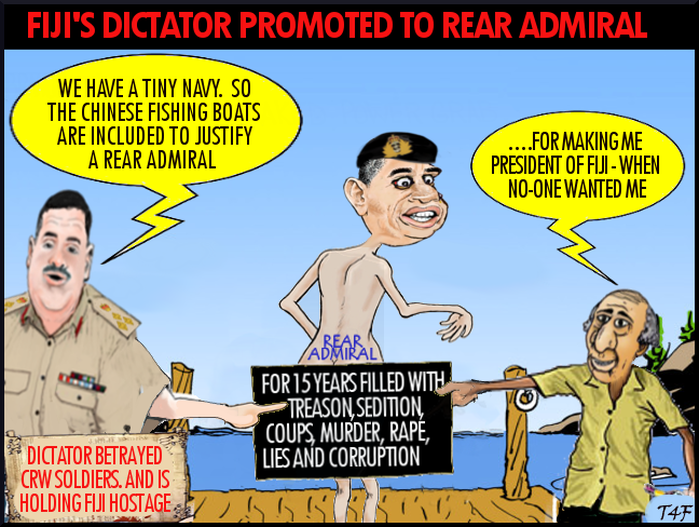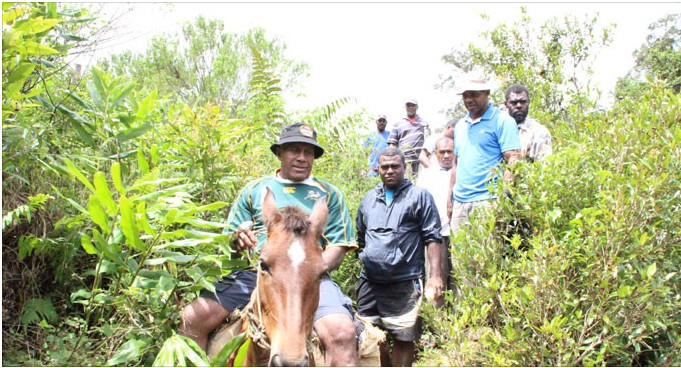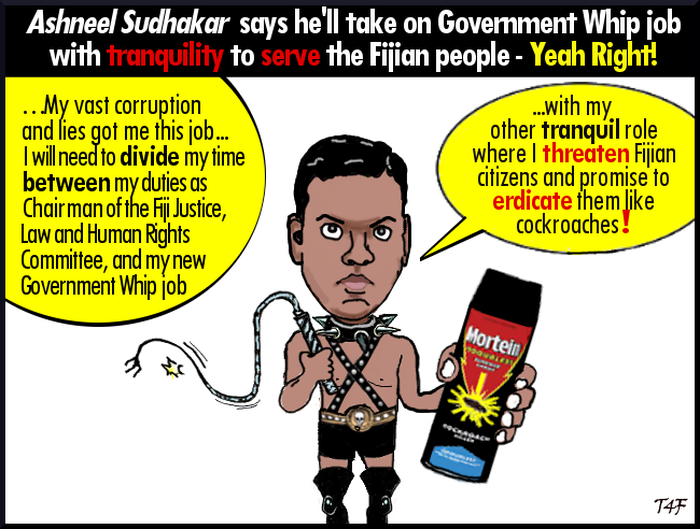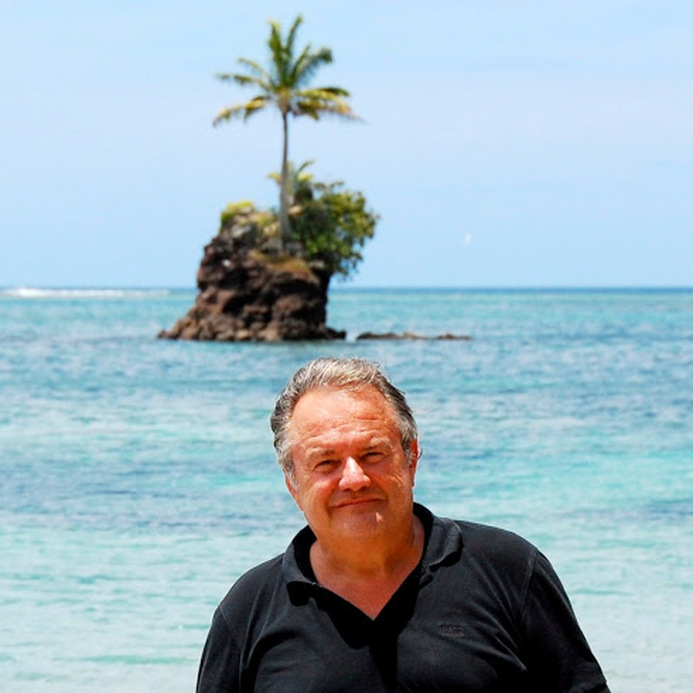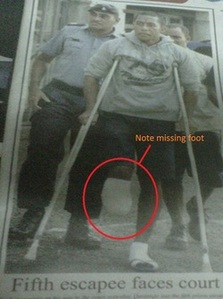Fijileaks: Edited version
Naqa v Fiji Electricity Authority [2005] FJHC 401; HBC0237.2002 (31 October 2005)
IN THE HIGH COURT OF FIJIAT SUVACIVIL JURISDICTIONCIVIL ACTION NO.: HBC0237 OF 2002
BETWEEN:
RATU SOLOMONE NAQA & OTHERSPlaintiff
AND:
THE FIJI ELECTRICITY AUTHORITYDefendant
Counsel: Mr. R. Burbidge QC, Mr. G. Radburn & Mr. P. Wood – for Plaintiff
Mr. R. Fardell QC & Mr. Barnes – for Defendant
Date of Hearing: 26th – 29th September, 2005
Date of Judgment: 31st October, 2005
JUDGMENTIntroduction and BackgroundThe Fiji Electricity Authority (“FEA”) commissioned its Monasavu Hydro Project in 1983. The land on which the infrastructure is built was acquired by outright purchase in 1978. Many Monasavu folk saw little of this money. This aggravated their genuine sense of loss and bewilderment as their traditional land was submerged for the betterment of the country.
The Monasavu water catchment area, though identified as such, was not acquired leased or submerged. In fact, the defendant Authority had written to the Senior Valuer of Ministry of Lands and Mineral Resources in 1978, before the dam acquisition and confirmed that it did not wish to control the catchment area at all, but wished to have a one chain wide strip of land, beyond the maximum flood level around the perimeter of the lake. As far as the FEA were concerned the landowners could use the catchment area for traditional purposes, agriculture, grazing and logging. The use of the waters in any tributaries for village supply was to remain with the people.
The total area of the catchment is 25,075 acres. It contains Native Lands, Crown Schedules A and B, Forestry Reserve as well as Native Reserve. It would appear that agencies other than FEA subsequently prohibited the landowners from using the catchment and in particular logging trees. The landowners perceived this as depriving them of resources and land use; this created great offence. The restriction also reinforced the idea of demanding compensation for the “use” of the catchment area. This became a convenient banner for spoilers and profiteers who for their own purposes agitated the wounded feelings of these poor people.
Although the waters in all tributaries belong to the State the landowners perception assisted by some questionable legal advice was that as the waters used for hydro generation were collected over the catchment area and as they believed they had lost the use of the catchment their Mataqali should be compensated. The gravity of this grievance was recognized by the Government very early on, but nothing was done to settle it.
Matters came to a head in 1998 when frustrated landowners staged a takeover of the Wailoa Power Station, placed armed roadblocks around the complex and burnt down the administration block. The police and the military were based at the site to maintain order. Instigators were arrested and charged.
Monasavu was vital to the nations sustainable development. It provided 80% of Fiji’s power. The spoilers and profiteers well knew the hydro plant had to run unhindered and efficiently. Pursuing their own ends they continued to push these frustrated people to demand greater payment for the catchment use.
So it was that a taskforce, engaged by the Prime Minister [Laisenia Qarase], made its report on the valuation of the compensation claim and suggested leasing the catchment area to the FEA. Cabinet approved a payment without poundage to the NLTB. The NLTB was then prepared to issue a lease offer to the defendant. The compensation offer comprised:
99 year lease rent paid up front $10,010,176.00
Timber premiums compensation $1,406,188.38
Timber royalty $3,225,702.69This culminated in a meeting held at the Tradewinds Convention Centre where settlement was agreed by most landowners on these terms. However, some Mataqalis did not agree and walked out of the meeting.
The dissident landowners, who did not agree to the Tradewinds Accord, were gathered up by a lawyer, Mr. Fa, who on their behalf for a modest deposit and a retainer of 10% then issued a High Court writ, citing the Attorney-General, the NLTB and FEA as defendants, claiming $38m (Civil Action 576 of 1998 after consolidation of Action 575 of 1998). Further, an injunction was placed on the NLTB from proceeding with the lease offer. As a result the grievance was not settled most Mataqali joined the Fa proceedings and agitation increased over the claim.
Following the events of May 19th, 2000, a group of landowners and rebels captured the Monasavu complex at gunpoint and shut down the plant. This resulted in a massive shortfall of generation capacity for FEA, and a period of rolling power cuts took place. The blackouts assisted lawlessness. Diesel generation over the use of water to make power was costing the FEA and the nation a million dollars a week. The rolling blackouts, insecurity and high diesel generation costs took their toll on both the FEA and the nation’s economy.
The pressure on the FEA to fix this problem was compounded by the historic sense of grievance deeply felt by the Monasavu Mataqali, the uncertainty of the Speight coup outcomes and the personal safety of those most closely involved in seeking a return of the facility.
In August 2000, a meeting was called by the FEA at the Pacific Harbour Centra Hotel, Deuba. This meeting was convened by the FEA to regain control of the Monasavu Hydro complex and secure the safe return of all arms and ammunition on site to the military. The team appointed to this task had few riding instructions. They were under considerable pressure to ‘fix’ the problem.
The meeting produced a Joint Statement of Understanding (“JSU”) that said for a payment of $52.8m the Monasavu Mataqali would settle their grievances for all time and compromise Case 576 on terms. In return the Monasavu people in occupation of the dam would surrender the facilities and all the Mataqali would support the FEA in its vital role of power generation. There were some reservations in the Joint Statement. The document is attached as Appendix A.
Thereafter the defendant changed its mind on acquiring a lease of the catchment and sought a variation of the ‘JSU’. The parties continued to talk about that issue. A summons for compromise on terms containing the defendants varied offer to settle was filed in June of 2001. It was rejected by the plaintiffs. No order was made on the summons. Instead, the plaintiffs commenced these further proceedings, separate from Case 576 claiming a binding settlement was reached at Deuba or alternatively later. The original proceedings in Case 576 were stayed by my brother Justice Byrne pending a decision in this case.
In these separate but related proceedings the plaintiffs claim a compromise to the original Case 576 on terms was agreed at Deuba or alternatively later. They seek specific performance of that agreement and damages for loss of money use in the meantime.
The defendant replies that its agents had no authority to settle the landowners grievances on Case 576. Even if they had authority, the FEA further responds by pleading their was no intention to be immediately bound to the terms contained in the Joint Statement of Understanding. It is claimed the ‘JSU’ was no more than a significant progress report on settlement. It does not contain all the essential terms of the contract. As for the later formation of an agreement the defendant denies their subsequent offer of compromise was accepted before it was withdrawn.
The following issues fall for my determination:
(i) Was an Agreement reached at Deuba on 11th August 2000 or alternatively later to compromise the claims described in Civil Action 576 and thereby settle the Monasavu grievances for all time.
(ii) If an Agreement was reached at Deuba whether the defendants Agents had the requisite authority to compromise the claims described in Civil Action 576 and thereby settle the Monasavu grievances for all time. Formation of ContractIntention to be bound
It goes without saying that there is no agreement if the parties did not intend to be bound. It is sometimes a question of considerable difficulty whether the evidence does establish such an intention. That can be particularly so where the parties have signed a preliminary document, for example a heads of agreement, it being anticipated that a more formal and detailed document will be drawn up in due course. The preliminary agreement, however brief it is, can be binding if it was intended to be. (Professor Burrows Canterbury University Update on Contracts NZLS 2003).
The question of whether a heads of agreement constituted a binding contract arose in the case of
Fletcher Challenge Energy Ltd v Electricity Corporation of New Zealand Ltd [2002] 2 NZLR 433. The parties agreed that the Court should be guided by this New Zealand Court of Appeal decision and its general statement of principle. I accept the relevance of the case subject to the one reservation that
Fletcher was about a complex long term commercial oil and gas supply contract and not the settlement by compromise on terms of a case essentially over native land grievances.
In my view the bargaining process and resultant contracts are different between the two types of agreement.
The Background to DeubaIt is common ground that the “FEA” acknowledged the long standing Monasavu landowners grievance and their demands for compensation. I find it relevant that as early as 1998 the FEA Board participated in a Government organized scheme to pay over some $14m. This was the sum fixed by the Tradewinds Accord. Indeed the FEA was in the process of considering a lease of the catchment area provided by the NLTB when that accord was destroyed by dissident landowners filing the original proceedings seeking a far greater sum.
The Deuba meeting took place in the immediate background of the May 2000 coup and the uncertainty surrounding its outcome. It is an irresistible inference that some plaintiff landowners assisted in the takeover and partial destruction of the
hydro dam complex in conjunction with Speight rebels.
What is clear is that the cost to the nation of having the hydro electric facility off line was unacceptable. A loss of $1m a week caused by the need to make power under diesel generation if unchecked would effectively bankrupt the FEA and ruin the nation. (See Deans Board Report Ex.1 tab 7). Something had to be done quickly and if that involved paying more than the $14m fixed by the Tradewinds Accord then the FEA would have to absorb that comparably modest cost.
I find the immediate need to recover the facility and safely see FEA employees back in control of the hydro plant after the surrender of arms and ammunition by the rebels drove the FEA to its meeting at Deuba. The expectations of the meeting for both parties were different but I accept the evidence of the defendants witnesses and their explanation for the involvement of the Qaranivalu and the advertising of the meeting (Volavola para 21). The fact that the first item on the agenda after the traditional ceremonies had been completed was a demand for the return of the facility and surrender of weapons and ammunition emphasizes the importance of this issue in the minds of the FEA negotiating team.
I find the FEA negotiating team otherwise had few riding instructions. Their mandate was to secure the return of the dam. It is clear that to achieve their objective they would have to discuss settlement of landowner grievances and a compromise of Case 576. Kasa Saubulinayau included those in his agenda (332/9). They must have known the cost of diesel generation over hydro power and so had a sense of how valuable a cash settlement would be over paying ongoing fuel costs.
I further find that while there is no direct evidence that the FEA oversaw or approved the offer made by Kasa Saubulinayau prior to the 11th of August 2000 it is a fair inference that FEA knew that to secure the return of the dam they would have to consider a compromise of the original proceedings thereby settling the peoples grievance. The claims subsequently made by the CEO Mr. Dean that he knew nothing of the grievance settlement discussion at Deuba is unbelievable. I found his evasive answers in cross- examination unhelpful.
The amended writ (28 June, 2000) sought various declarations and included a compensation claim for $52,423,032.60. This claim was based on causes of action loosely pleaded as breaches of constitutional rights, unlawful occupation of the plaintiff’s land and trespass. The plaintiffs sought compensation from the defendants for the use of their land as a water catchment area for the previous 15 years (since 1982). The figures claimed in those proceedings were allegedly based on a study commissioned by the plaintiffs that calculated compensation $2,356.64 per acre. The writ also sought various declarations that by inference seek to hobble the defendant with a future lease of the catchment.
An objective bystander would know that a compromise on terms would somehow have to settle payment of the sum claimed and settle the lease issue for the FEA once and for all. The FEA has at times for collateral reasons, such as durability of any long term settlement, been prepared to lease catchment. However, FEA’s concern that a lease of this or any other catchment was unnecessary is underscored in their statement of defence on Case 576. That defence was filed before the Deuba meeting.
I find the parties came to Deuba prepared to settle Case 576. Some of the evidence supporting this finding is:
- Mr. Kasa Saubulinayau was appointed by the Chairman of the FEA to form a negotiating team.
- The recruitment of the Qaranivalu.
- The drafting of an agenda including a third item which was compensation (Mr. Saubulinayau 332/9).
- The arrival at Deuba on the Friday of the defendants chief financial officer with comments on the construction of the offer of settlement.
- Discount calculations made with the assistance of Mr. Donlan (Ex.1 tab 10).
- The first offer of $10m and the subsequent counter offer of $52.8m.
- Telephone calls between the negotiating team at Deuba and their FEA masters.
Something must be said of the private negotiations conducted between the defendants representative Mr. Saubulinayau and Mr. Fa.
It must be remembered at this time Mr. Fa held an agreement of retainer with his plaintiff clients that would see him receive 10% of any settlement or court award. That he managed to secure a $5m deposit into his trust account upon the executing and filing of a Deed of Settlement is therefore understandable but not coincidental (evidence p.101).
This concession by the FEA negotiator underscores in my view the defendants intention to be bound not only to a payment of a fixed sum but a structured payment. It also says something of the breadth of mandate the FEA negotiators believed they had. Why else would the FEA negotiator ‘sweeten’ the deal by keeping a major portion of Mr. Fa’s retainer secure in his trust account. It also says something about the ostensible authority held out to the landowners and their lawyer.
The written offer by Mr. Saubulinayau, an oral counter offer by Mr. Fa and its acceptance sealed a bargain for the FEA, Mr. Fa and his clients. The essence of the bargain was recorded in the Joint Statement of Understanding. It is to that document I now turn (Ex.1 vol.1 tab 11 of appendix).
The ‘JSU’The introductory statement makes it clear that the understanding deals with the Monasavu landowners claims represented in High Court Action 576/98.
It was recorded that an agreement would be drafted (by inference for presentation to court) that would firstly: bring an “end to the dispute;” that is the wider sense of grievance held by the Monasavu landowners and the FEA’s resistance to a lease; and secondly: “discontinue Case 576” as then pleaded. That includes the claim for damages, the declarations sought and the future use of the land. The JSU commits the parties to include in that agreement the subsequent “principle features”.
Paragraph 1 sets the price for putting an end to the dispute and the discontinuance of Case 576. It was $52.8m. It leaves open the issue of equity participation by the landowners. Unlike
Fletcher this was an open issue to be pursued in good faith as opposed to a term marked not agreed.
Paragraph 2 secures for the FEA its long established principle in relation to Monasavu and any other generation project that there was no requirement for it to lease any catchment area. The inclusion of this principle was consistent with the FEA’s particular defence and standing on this issue generally.
Paragraph 3 is I find a collateral agreement concerning the Wainisavulevu Water Catchment Area. It is a good faith sweetener for the FEA but not an essential term.
Paragraph 4 again emphasizes that the FEA is paying the $52.8m to settle the court action. That is all the aspects of Case 576. The first payment is to the plaintiffs negotiator Mr. Fa. It is described as a goodwill payment into his trust account in the sum of $5m. That payment was to act as a trigger for the landowners to file their notice of discontinuance. It was due to be paid on the execution of a Deed of Settlement.
The fact that the agreement then provides for additional future payments indicates an understanding by the FEA negotiators of the breadth of their mandate. It must be remembered that the defendants chief financial officer prepared the payment schedule. It also portrays the negotiators as having the authority to conclude arrangements over not only the amount to settle but also the method of payment.
Paragraph 4 parks the issue of indexation and an equity scheme. These are open not closed issues as they are subject to variation or discontinuance. Clause 4 makes it clear that either party can resile from the payment method not the payment nor the settlement of claims or compromise of Case 576.
Paragraph 5 specifies a good faith gesture from the plaintiffs landowners.
Paragraph 6 records that the plaintiffs will accept the payment of the $52.8m in “full and final settlement of all claims” against the FEA in respect of the Monasavu Electricity Scheme claims. Objectively I take that to mean not only those claims represented in High Court Action 576 of 1998 but any other present or future claim.
The issue of indexation was resolved in another way. Shortly after Deuba Mr. Fa withdrew the claim for indexation (Vol.1 tab 26 and Evidence p.113). The quantum and method of payment provided for in the Joint Statement of Understanding remained consistent throughout the documentary trail. I accept Mr. Fa’s evidence that Clause 4 was inserted to provide him with time to discuss the indexation issue. He did not see it as preventing settlement.
The informed bystander would know the Courts have a wide overriding power to approve or vary settlements. The Court may well consider a “stream” of payments or equity participation preferable to a one lump sum payment if only to protect ‘minor’ interests (under Order 80) and ensure that future generations of landowners gain the benefit of such a substantial settlement.
An important feature of the Joint Statement of Understanding is its preservation of the defendants position over catchment leases. At the outset the FEA’s defence to such claims was that they did not need a lease of the catchment area as the water running over the land and through the tributaries belonged to the State and did not create a use by the FEA of the catchment area (cf Amended Statement of Defence Case 576 paragraphs 2 - 4). Further their defence was that they had never restricted the landowners use of the catchment area. The FEA had been prepared to ‘trade’ on this issue for the sake of compromise but I find the defendants preference was to treat any settlement as a good will payment and not compensation (cf Minutes Day 2 Ex.1 vol.1 tab p.34). This was an important point of principal for the FEA on Monasavu and any other hydro scheme.
It was only after Deuba that the defendant sought a variation of the agreement to include a lease to improve the look of such a substantial goodwill payment in its books (Ex 1 vol 2 tabs 40 and 42). At Deuba the bystander would view Clause 2 as indicative of a ‘win’ for the FEA on this issue and a further indication of an intention to be bound to its terms.
I am satisfied by the subsequent conduct of the parties that they proceeded on the unaltered basis that the FEA would pay the sum of $52.8m over time. That sum and payment method were consistently recorded in correspondence throughout the following months. The FEA Legal Adviser and its CEO refer to an agreement reached at Deuba and a commitment to pay the $52.8m (Ext 1 tabs 16, 18 and 33). The FEA Board and Cabinet approved this payment. The figure of $52.8m and method of payment were also described in the summons to compromise.
After the meeting had been told about the JSU, the parties participated in a traditional Fijian ceremony denoting resolution of their grievances. The defendant points to that ceremony and submits that it is irrelevant as the case falls to be determined by conventional legal principles and not by reference to traditional ceremonies. This is not an occasion on which I need to explore the significant cultural impact of ceremonies on domestic law and the importance of making agreements in Fiji in a traditional way.
The fact is however that such ceremonies are an every day experience in the lives of our citizens and have real meaning. I accept the evidence of Mr. Volavola that these ceremonies set the seal on agreements with Fijians by having both parties embrace the arrangements by the sharing of “yaqona” the presentation of “tabua” and the offering of respect to the agreement, ancestry and parties involved by eloquent rhetoric.
Parliament has the power under the Constitution to make provision for the application of customary laws and for dispute resolution in accordance with traditional Fijian processes (Section 86 of the Constitution). The fact that Parliament has that power doesn’t yet elevate these ceremonies into a legal significance but it does underscore their importance in the objective assessment of whether or not Fijians intend to be bound to an agreement at any point in time.
I accept the sincerity and respect given by the parties to the agreement under this ceremony. I find it objectively points to an immediate intention to be bound.
An objective bystander would be taken to be informed of their importance in signifying an intention to be bound.
FindingI find there was a bargain made at Deuba on the 11th of August that sought to compromise Case 576 on terms. This bargain was always going to be subject of court oversight. This is reflected in the subsequent actions of the defendants in filing a summons of “compromise on terms” for the courts approval (Ex.1 vol.3 tab 72). There therefore existed a mechanism under which any outstanding matters may have been resolved by the court exercising its residual discretion to protect the interests of children. I am confident that having found an agreement as described there is enough in the Joint Statement of Understanding to render it enforceable. Indeed enough for the Court to pro-actively assign meaning to the terms to be agreed under its wide powers to protect minor interests and ensure durability of any settlement.
Despite my finding that a bargain was reached to compromise Case 576 on the 11th of August 2000 at Deuba the question remains whether the FEA’s agents had the power to commit to such a settlement.
Ostensible AuthorityThe defendant Fiji Electricity Authority is a body corporate established under the
Electricity Act (Cap. 180) Laws of Fiji. A good starting point to assess the authority of the FEA negotiators is that act. Under Section 11A the Authority may appoint officers and servants to carry out the provisions of the act. The general functions of the Authority are detailed in Section 13 and include the ability to acquire any property, construct any generating station and carry on any other activity that appears advantageous or convenient to it in connection with the performance of its prime duties. The authority of an FEA servant or officer is derived directly from statute by way of appointment which may include appointment by ratification.
A statutory corporation is a legal fiction. Its existence capacities and activities are only such as the law attributes to it. The acts and omissions attributed to a corporate body are the acts and omissions of natural persons. A corporation is bound by an act done when an officer who does it purports thereby to bind the corporation and that person is authorized to do so (directly or ostensibly) or the doing of the act is subsequently ratified.
The material enquiry calls for identification of the particular act, the person who did it and the authority – actual or ostensible – for that person to bind the corporation by the doing of that act.
I accept the submissions of the plaintiffs that there is considerable evidence to support both actual and ostensible authority:
- The Act contemplates that officers will be appointed from time to time to conduct the corporation’s business (Section 11(A)).
- The history of the Monasavu grievance and the involvement of the FEA in terms of settling it and the active participation of the Government in the matter.
- The process of convening the meeting and encouraging mataqalis participation.
- Mr. Saubulinayau at page 330 refers to his appointment by the Defendant’s Chairman to head a negotiating team “to take over full negotiation with the landowners”. He believed he had ample authority to draw up an agenda which included compensation.
- The frequent contact between the negotiators and the FEA during the course of the meeting. The presence of the defendants Accountant and his contribution.
- The pattern of bargaining including an initial written offer of $10m then the subsequent offer of $52.8m including payment terms.
- I accept Mr. Fa’s evidence as the pre Deuba conversations he had with Mr. Saubulinayau he had the power where he claimed to negotiate settlement.
For these reasons I find it was clear that the FEA officers and servants present at Deuba portrayed an ostensible authority to negotiate a compromise on terms of Case 576. I find the plaintiffs reasonably relied on that ostensible authority.
A more cynical view would only have the negotiators deliberately sent to the Deuba meeting without a clear mandate. They may have been sent only to secure the hydro plant at any cost ignorant of their instructions thus leaving the CEO and Board with deniability of any settlement reached on the wider issues. If that was so the defendants ‘willful blindness’ over mandate does not assist. It is still valid for a party to rely on an ostensible authority of opposing negotiators until such time as the authority portrayed is unequivocally revoked. Clear revocation of authority was not given until the Smith letter of 30th August (Ex. 1 tab 21) long after the Deuba meeting.
I quite separately find that the defendants Board ratified and adopted the actions of Mr. Saubulinayau at Deuba and the settlement he achieved (see Administrative Board Meeting 1/11/2000 Exhibit 1 tab 36 page 218.9 and again Ex.1 tab 44 page 261). That position was confirmed by Mr. Dean to the Director of Energy by two letters written in January 2001 (Exhibit 1 tab 45 page 266 and tab 46). Similar advise was given by Mr. Dean to the Ministry of Works and Energy by letter of the 2nd of March, 2001. Finally the settlement was published as part of the corporations Annual Report (Ex.1 tab 44).
I find there is no ambiguity or confusion about ratification of the amount agreed to settle Case 576 the figure of $52.8m remains constant in documents from the 11th of August throughout the documentary trail past the FEA Board on more than one occasion and the Cabinet up to the compromise proposed to the Court and after (Ex.1 tab 78).
The only real alteration during that time being the apparent about turn of the defendant on the issue of a lease for the catchment area. They decided it was embarrassing to their books to have such a large goodwill payment made without a corresponding asset to record against it (Ex. 1 tabs 40 and 42). The lease was otherwise unimportant to the FEA as they had always believed it was unnecessary and may set a dangerous precedent.
Good FaithFijian jurisprudence, and so its contract law, is underpinned by the Supreme Law of the Constitution. The constitutional compact described in Section 6 contains guarantees for the citizen that in return for accepting governance by the Republic a citizen’s rights, culture and custom will be preserved and advanced. It must be remembered that the majority of land in Fiji is protected for its Fijian owners by the creation of leasehold interests now supervised by a Native Land Trust Board.
In my view these constitutional provisions overlay negotiations and agreements about land in Fiji and particularly for our purposes land grievance disputes. They predicate that negotiations over such grievances and the subject land and its future use or alienation must proceed upon mutual confidence and good faith. Fairness, honesty and reasonableness all well recognized in the law must augment the formation, formulation and interpretation of such contracts.
The legal formalism that lead to the
Fletcher decision is perhaps acceptable for a complex oil and gas agreement where astute commercial negotiators can be left alone to pursue their bargain. Not so, in my view, the parties to a land grievance when negotiating and forming their settlements. These arrangements often reflect lengthy past relationships and bind generations to come. The agreements reached must be durable otherwise they risk uncertainty that impacts not only on the parties but all citizens as uncertainty in a land grievance challenges the credibility of the constitutional compact.
Accordingly, in addition to the findings I have made and quite independent of them, I imply good faith into the negotiating process and the contract with the following effect.
Regarding ostensible authority I find that the FEA was obliged to tell the landowners and their lawyer in a way they could understand that their negotiators at the meeting did not have the power to decide. In the absence of such a clear and unequivocal statement I find the plaintiffs were entitled to accept the ostensible authority portrayed. Indeed the defendants own CEO after Deuba recognizes that the accord must proceed because expectations of settlement have been raised in the minds of the plaintiffs. (Ex.1 vol.2 tab 53).
I find that in good faith the landowners accepted the $52.8m in full settlement of all disputes for all time for all generations including the dispute portrayed in Case 576. I find they compromised their position by accepting there was no need for the FEA to lease catchment.
I find that in good faith the parties were prepared to discuss indexation but this was not an essential term as it could be varied or discontinued at either parties option. The fact that indexation was excluded subsequently underscores this finding.
I find that the parties in good faith formed an immediate intention to be bound to a settlement described by the Joint Statement of Understanding. In good faith they fixed a settlement sum. In good faith they agreed a payment schedule. Now in good faith they should both be held to that arrangement.
Conclusion and OrdersThe plaintiffs wish to retain the benefit of their agreement compromising Action No. 576 of 1998. The defendant accepts the plaintiffs submission that a remedy of specific performance of any agreement is available and would be appropriate in this case.
The equitable remedy of specific performance is discretionary and will be granted only if the Court regards the making of such an order as one appropriate in the circumstances (Jones and Goodheart – Specific Performance (Butterworths London 1986). The courts will usually order specific performance where damages are an inadequate remedy (
Lone Investments Corporation of Australasia vs Bonner [1970] NZLR 724 (PC). I have decided an order for specific performance will not lead to any prejudice to the plaintiff or defendant through unwanted performance and may be of benefit to the plaintiffs minors and unborn children. Any compromise on behalf of those persons requires the approval of the court under Order 80 Rule 8. I find (subject to the filing of a further plaintiffs memorandum) that I have enough information available to me to consider specific performance as opposed to damages as an appropriate safeguard for the interest of those minors.
I am satisfied that an order for the specific performance of the Deuba Accord will give effect to the particular arrangements that both parties deemed appropriate when they reached their agreement to compromise Case 576 to settle all of the Monasavu grievances. I am satisfied that Mr. Fa was prepared to waive indexation on his clients behalf and it is therefore an unnecessary burden on the defendants now to expect them to pay it.
I generally accept the terms of that agreement as described by plaintiffs counsel in closing submissions at page 7.
DamagesThe plaintiffs seek damages for the delay in implementation of the relevant agreement. They submitted an actuarial report of Mr. David Keep, a chartered accountant. His report proceeded on three assumptions. The first as to the timing of payments. The plaintiffs conservatively submit that the first payment would have been made several months after the Deuba Accord and chose the 1st of May, 2001 as an appropriate starting date. I accept the plaintiffs reasoning in that regard. However, because of a subsequent finding that early date does not assist the plaintiffs damages claim.
Secondly, the plaintiffs assumed only part of the expense of the litigation would have been deducted from that initial payment leaving a balance available for investment. However, their assessment of the amount of those expenses have been wrongly calculated with the benefit of hindsight and consideration of Mr. Fa’s new fees agreement for hourly charging. Mr. Fa may latterly have altered his agreement with the plaintiff for the payment of his legal fees but at the relevant time I am satisfied that he would not be charging on an hourly basis and was looking to secure the bulk of his retainer fee by accepting payment of the sum of $5m into his trust account. I reject the plaintiffs argument that one can, with the benefit of hindsight, assume that a smaller amount would have become payable on an hourly charging basis.
I am fortified in that view as Mr. Fa’s subsequent conduct indicated quite an aggressive approach to protecting that payment. The least that can be said is that he wanted to ensure he had control of that $5m and therefore the only proper assumption is that it would not have been available for investment on behalf of the plaintiffs and on the balance of probabilities was to be used to secure Mr. Fa’s retainer.
Accordingly, in my mind that first sum should be excluded from the loss of use calculation.
This has the practical effect of making the first available payment to the plaintiffs as the $1,000,000.00 due on the 30th of September, 2002. It is from that date interest would have been earned on the accumulated investments over the period.
As for the quantum of that interest I prefer the reasoning used by the defendants expert Mr. Chung. I adopt the calculation method set out by him in Schedule 3 of his report. In particular I accept that there would have been entry fees charged to any investor and thereafter management fees for the ongoing care of the investment portfolio.
I also accept Mr. Chung’s conservative reasoning that the benefit of hindsight is not to be used as a yardstick to gauge the appropriate interest rate and that in fact the prudent investor would have been likely to spread his investment between the then available unit trusts in Fiji and I accept the average rates of interest and average entry fee charges he has calculated.
Concerning the assumption of lease. It was important for the FEA to establish the principle that they had no obligation to assume a lease of any catchment area. That was the bargain they struck. FEA subsequently changed its mind and wanted a lease. That was a proposed variation to the bargain they made. A lease was included in a summons for compromise but that was rejected by the plaintiffs.
As I have found that the contract was formed at Deuba I prefer to maintain the position established in paragraph 2 of the Joint Statement of Understanding that the FEA did not need to lease the catchment area comprising some 25,000 acres. Accordingly the lease payments included in the plaintiffs calculations are removed entirely from the calculated loss.
It naturally follows that the order for specific performance will include a declaration that the FEA is not obliged to lease the catchment area. If the FEA decides it requires the exclusive control of more catchment land it can be free to negotiate any such lease with the NLTB in the usual fashion.
I should further note that in coming to my ultimate ruling and orders I have taken into account Order 80 and its sub-rules. The settlement is substantial and must benefit the plaintiff Mataqalis for a considerable time. Evidence was lead that Mr. Fa has arranged for separate Mataqalis Trusts to be established. He has devised a method for the equitable sharing of any monetary award between the plaintiffs through these trusts.
The Court will ensure the durability of its award and protect minor interests so I will require the plaintiff to file a memorandum containing those details. In the interim all monies will be paid into Court.
(1) Judgment is entered for the plaintiff and subject to the following matters I order specific performance by the parties of the Deuba Joint Statement of Understanding (Ex.1 vol.1 tab 11).
(2) The defendant will pay into Court the sum of $52.8m in the following manner.
(3) The defendant will pay into Court the sum of $5m as a first payment by the 30th November, 2005. This sum may be disbursed by the Court to Mr. Fa after approval of the memorandum he will file.
(4) The defendant will pay the plaintiff the outstanding capital and interest due for payments from 2002 to 2005 calculated at appendix B.
That total sum of $4,404,751 to be paid in to Court by the 30th November, 2005.
The calculation uses the method described by Mr. Chung in his Schedule 3. In case my calculation is in error I reserve leave to the parties to apply to vary any technical deficiency by application to be made no later than the 4th of November, 2005. Thereafter the calculated figure will be deemed correct.
(5) The plaintiff will file and serve by the 11th of November, 2005 a memorandum detailing its intentions for the equitable distribution of the fund between the plaintiffs trusts; providing a full accounting of fees and disbursements and a general trust account reconciliation for the plaintiffs. That memorandum will include the following information:
- Copies of trust deeds for each individual Mataqali.
- Proposals for trust administration fees.
- Proposals for division of any money received as a lump sum and a schedule of payments for the future.
- A full fee and disbursement statement together with a balance statement including client trust account reconciliations.
- In the interim all settlement proceeds will be received by the Court and held pending my final order giving practical effect to the disbursement of funds.
(6) I declare that the FEA has no obligation to lease any catchment area for the Monasavu hydro scheme.
(7) I declare that no indexation of future payments is required.
(8) Costs are reserved. An application is to be filed by the 11th of November, with replies by the 18th of November. There will be a hearing on costs on the 25th of November, 2005 at 9.30am.
Gerard WinterJUDGE
At Suva
31st October, 2005 